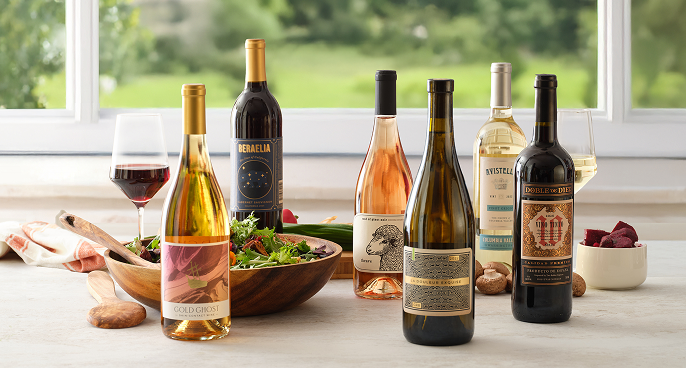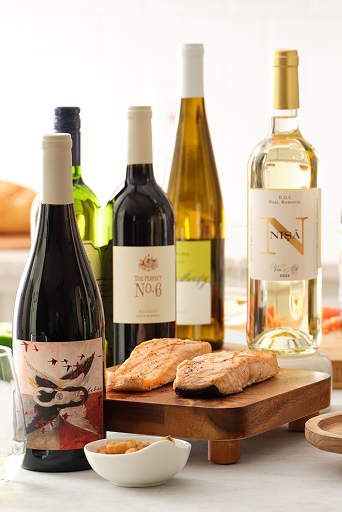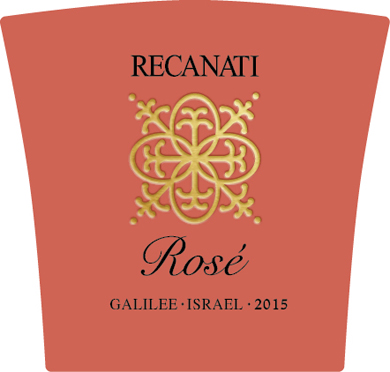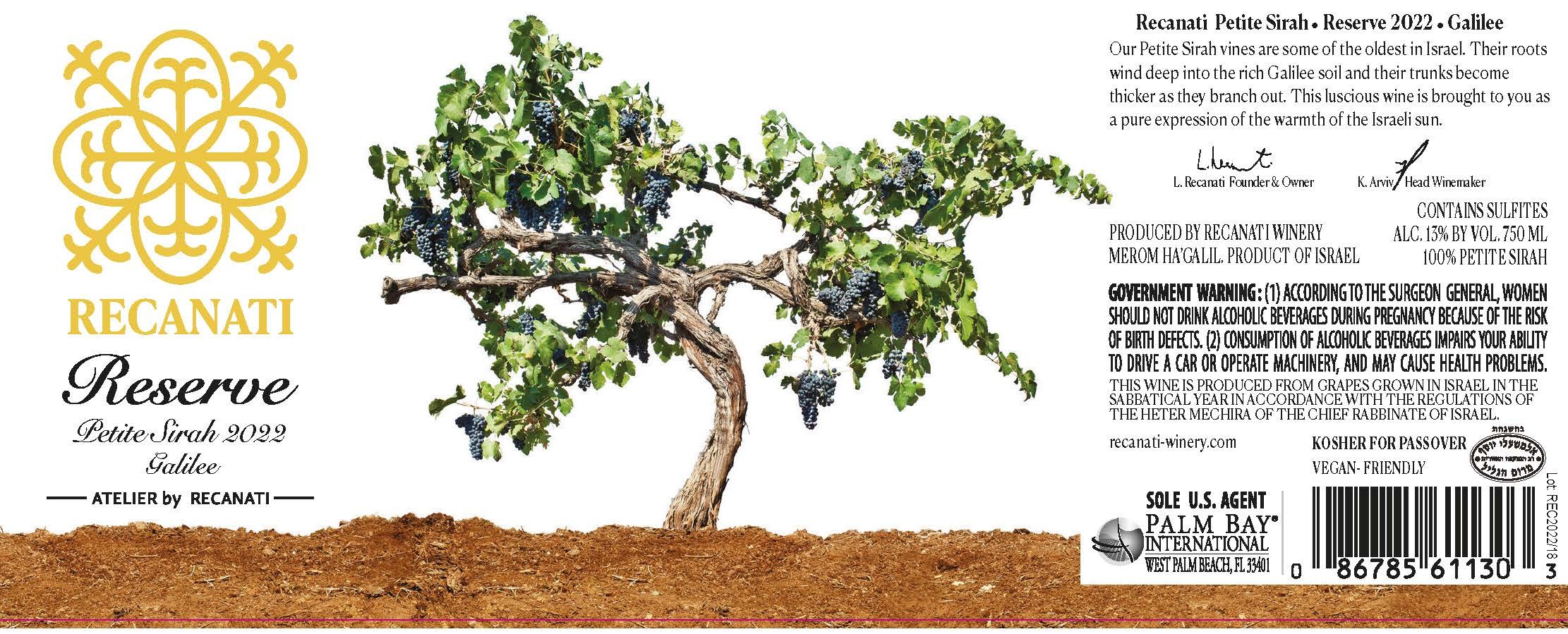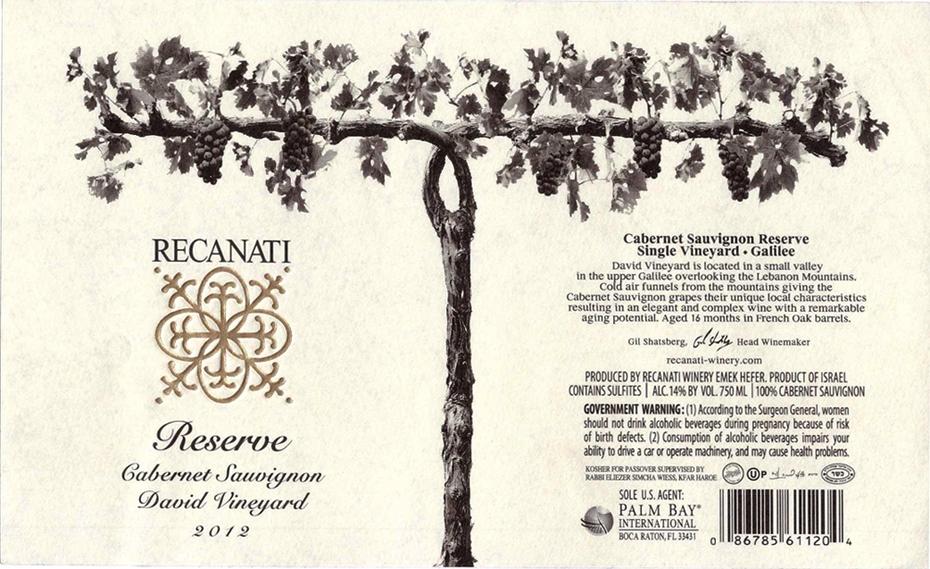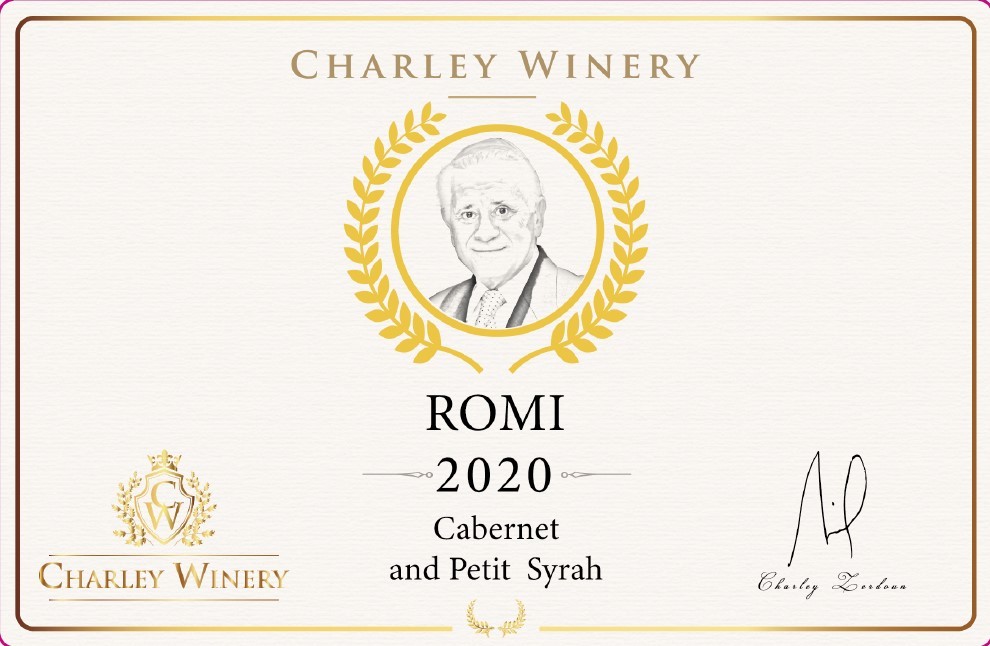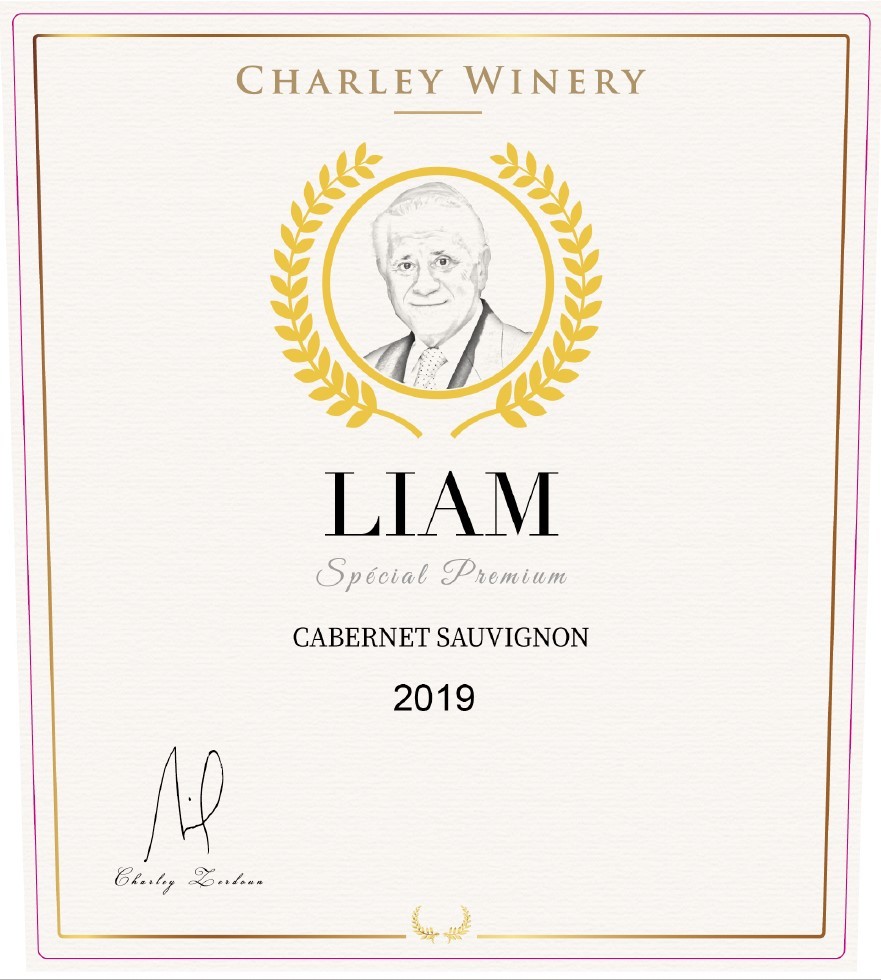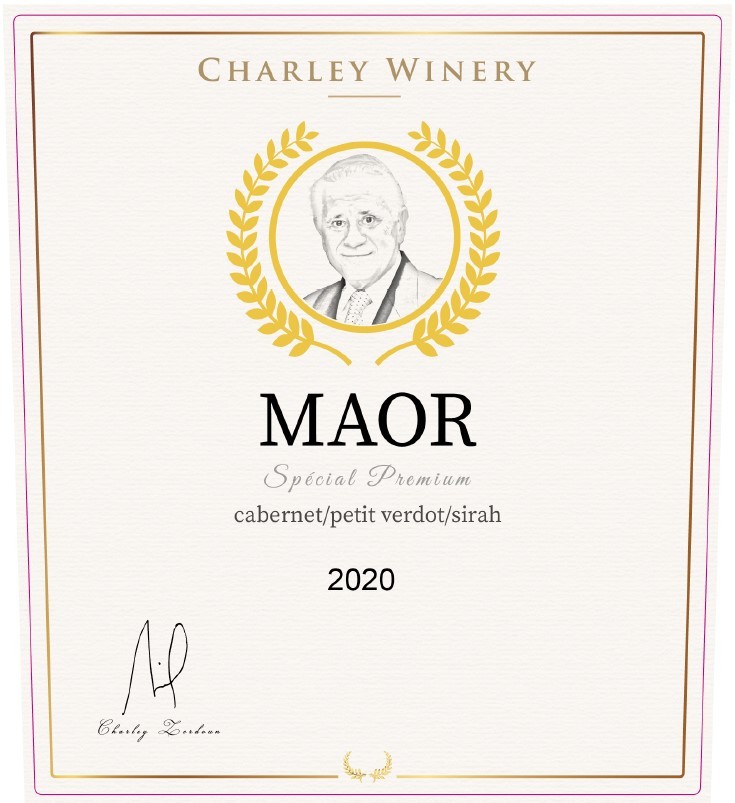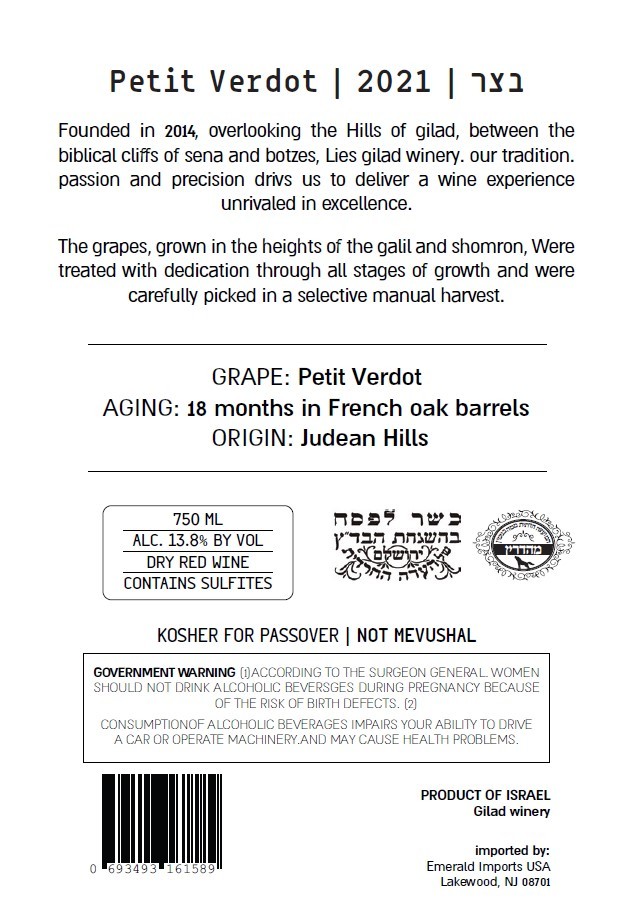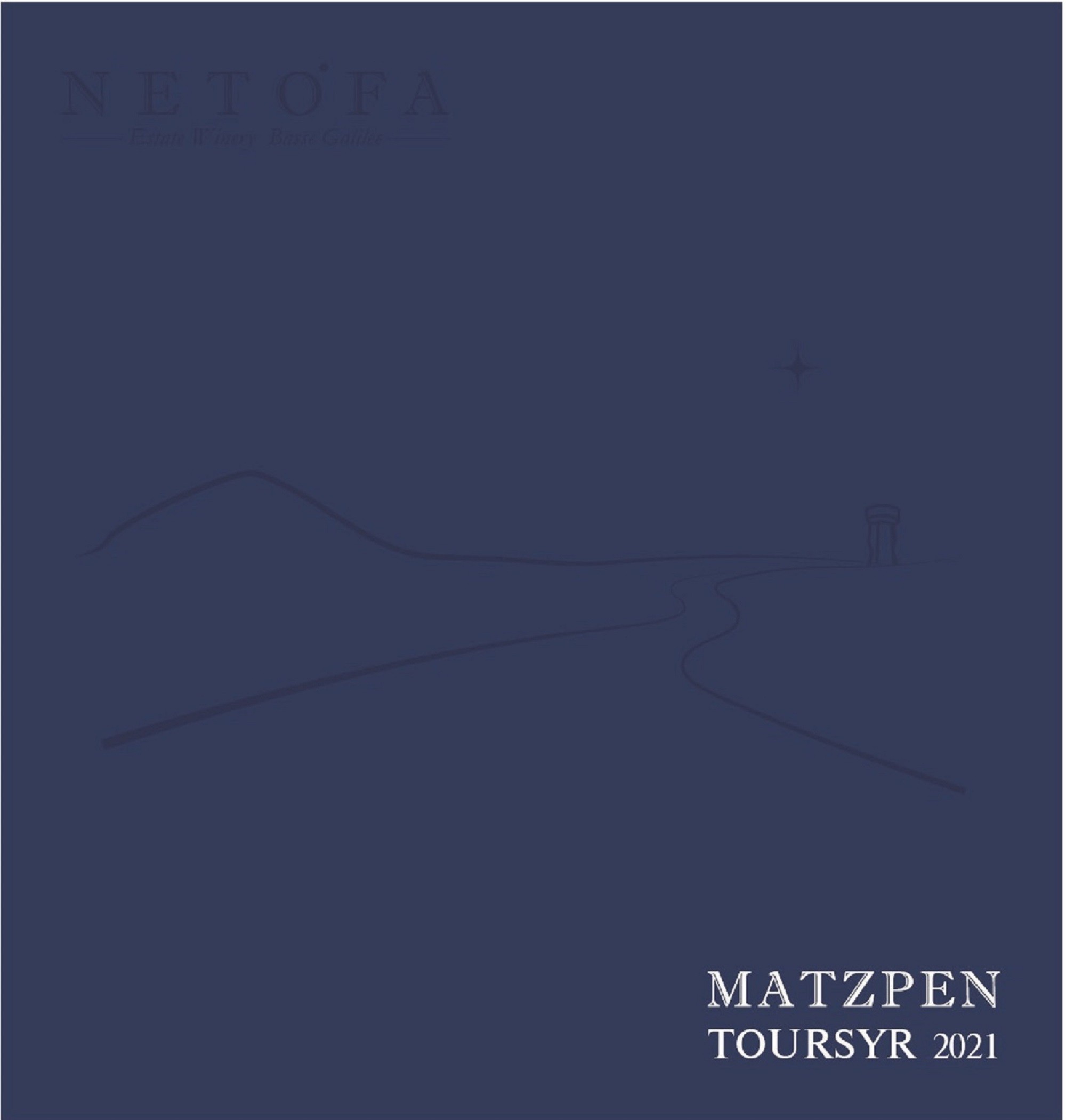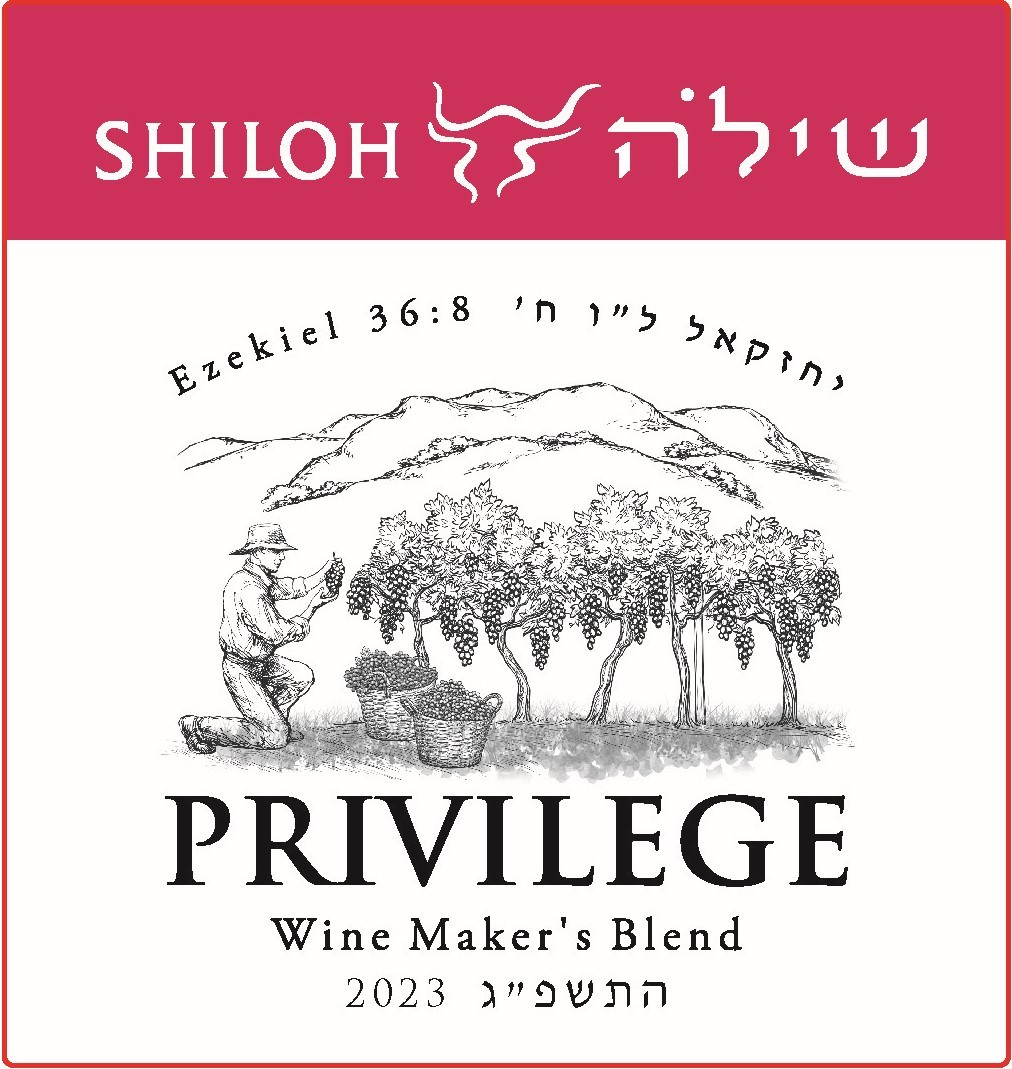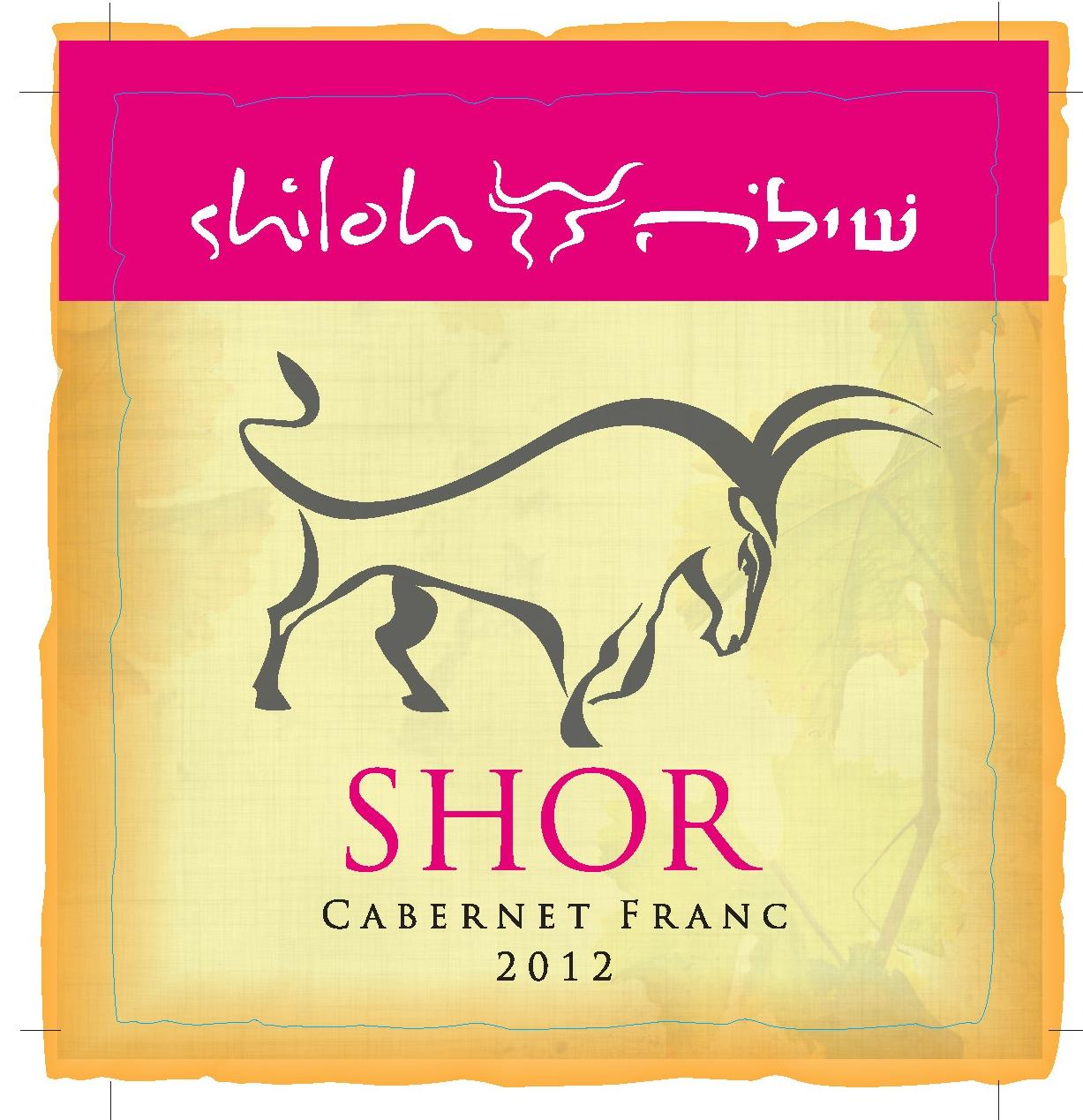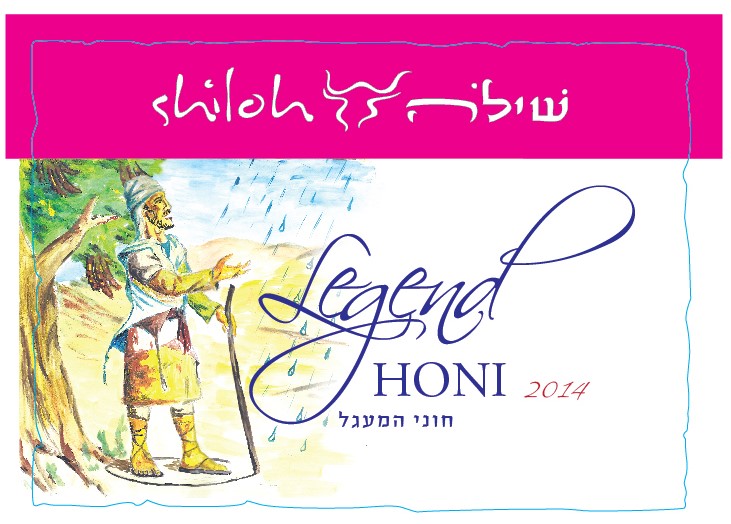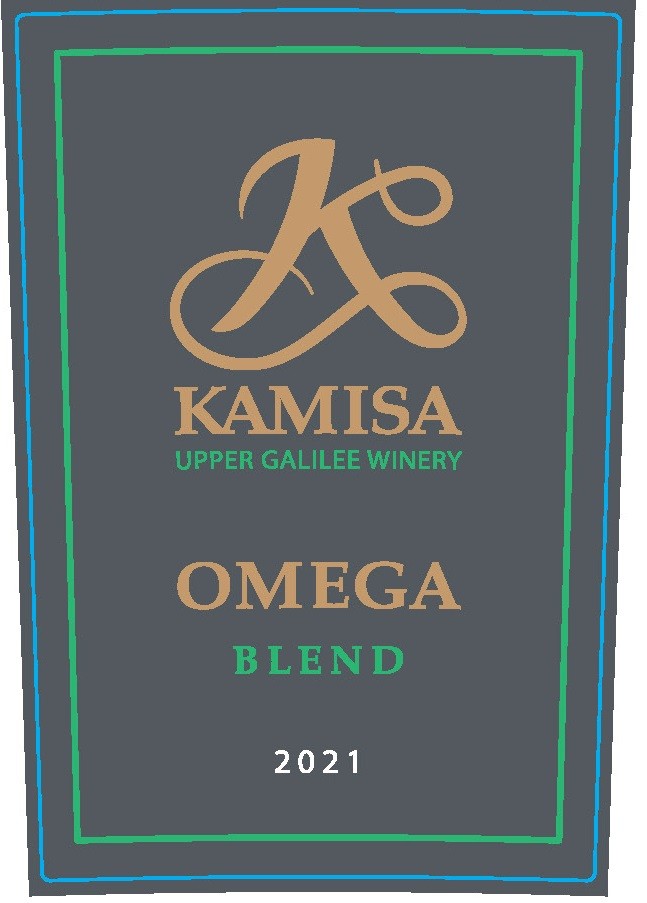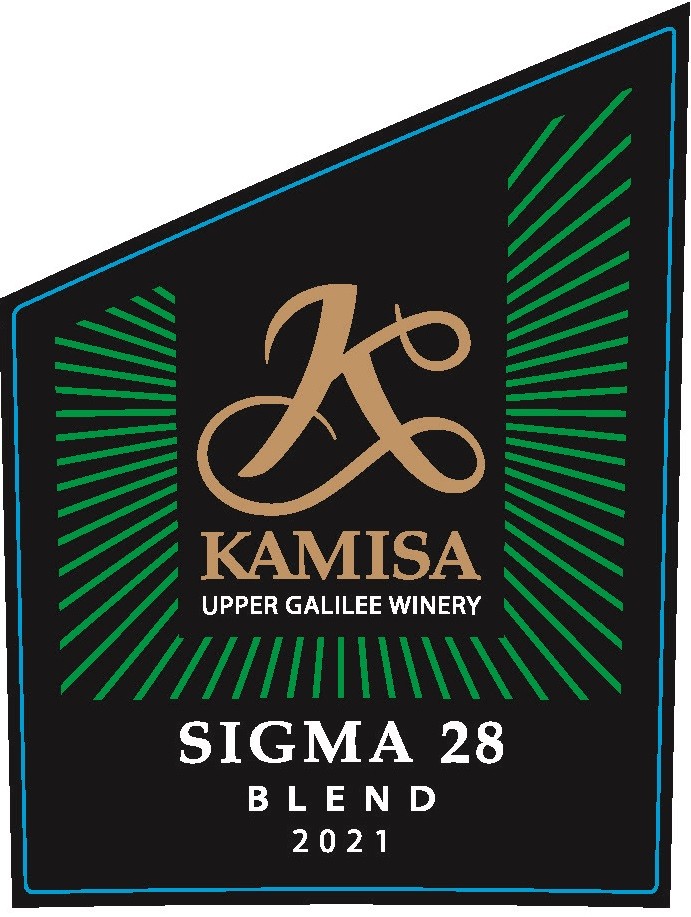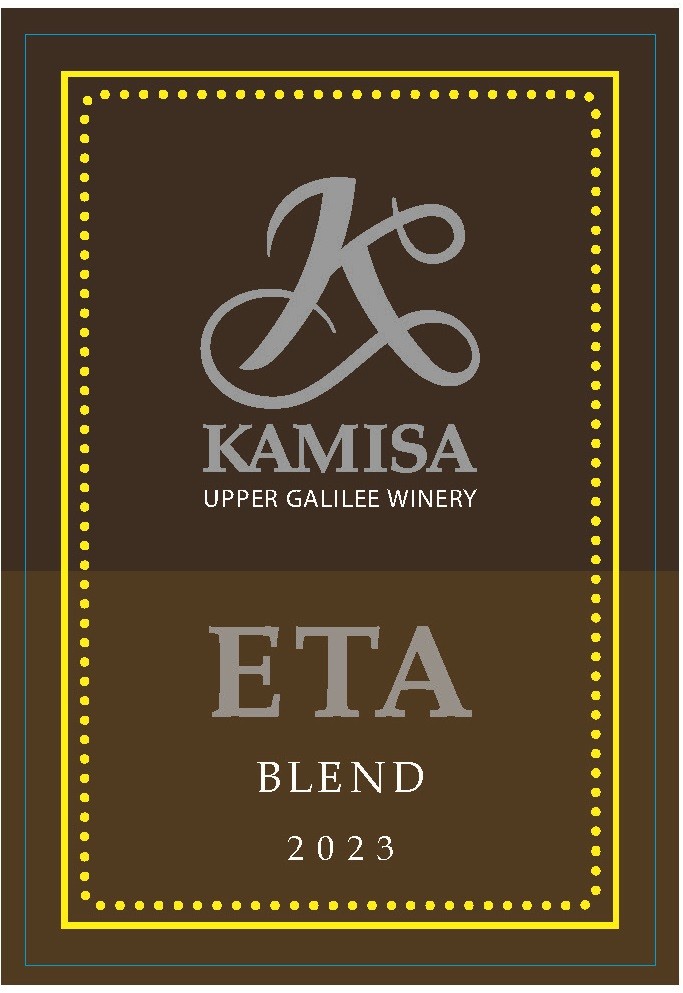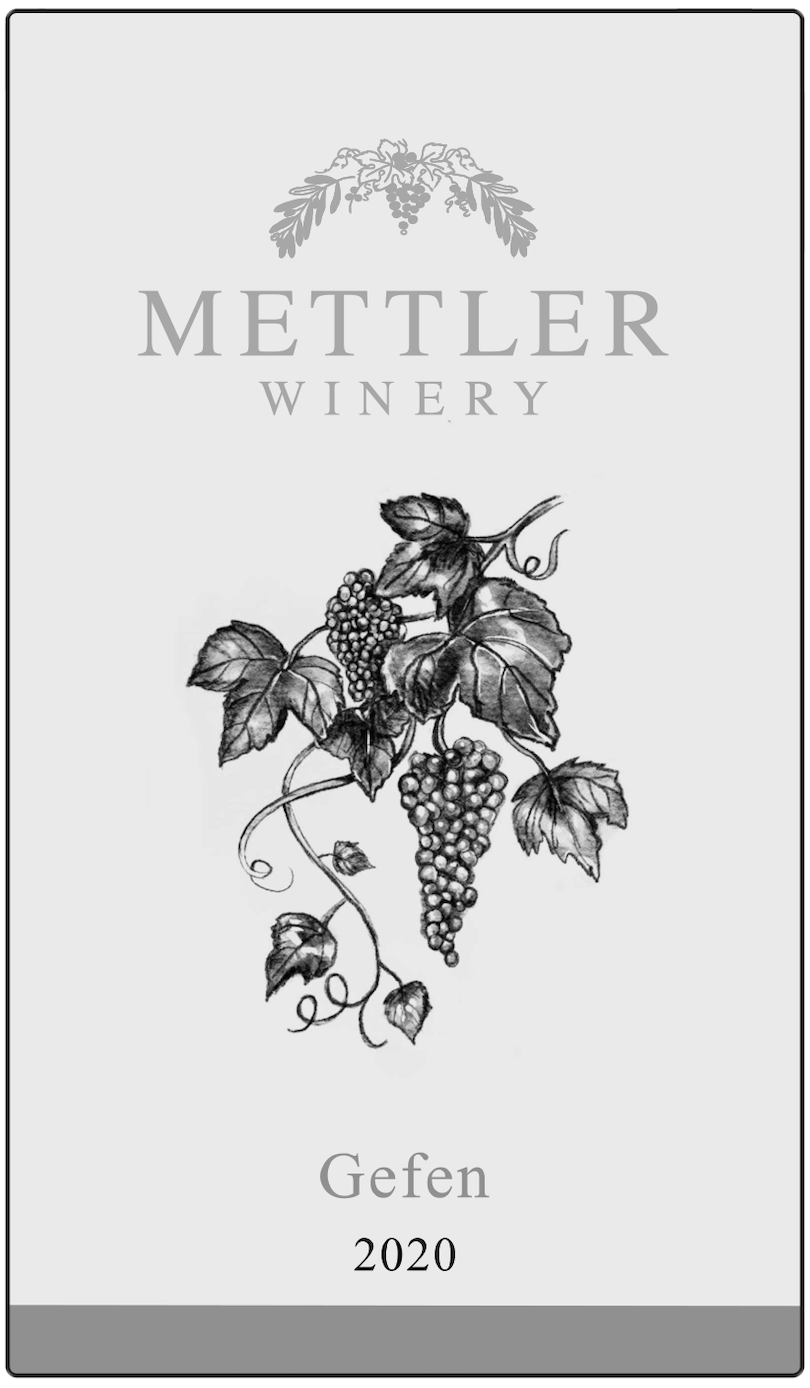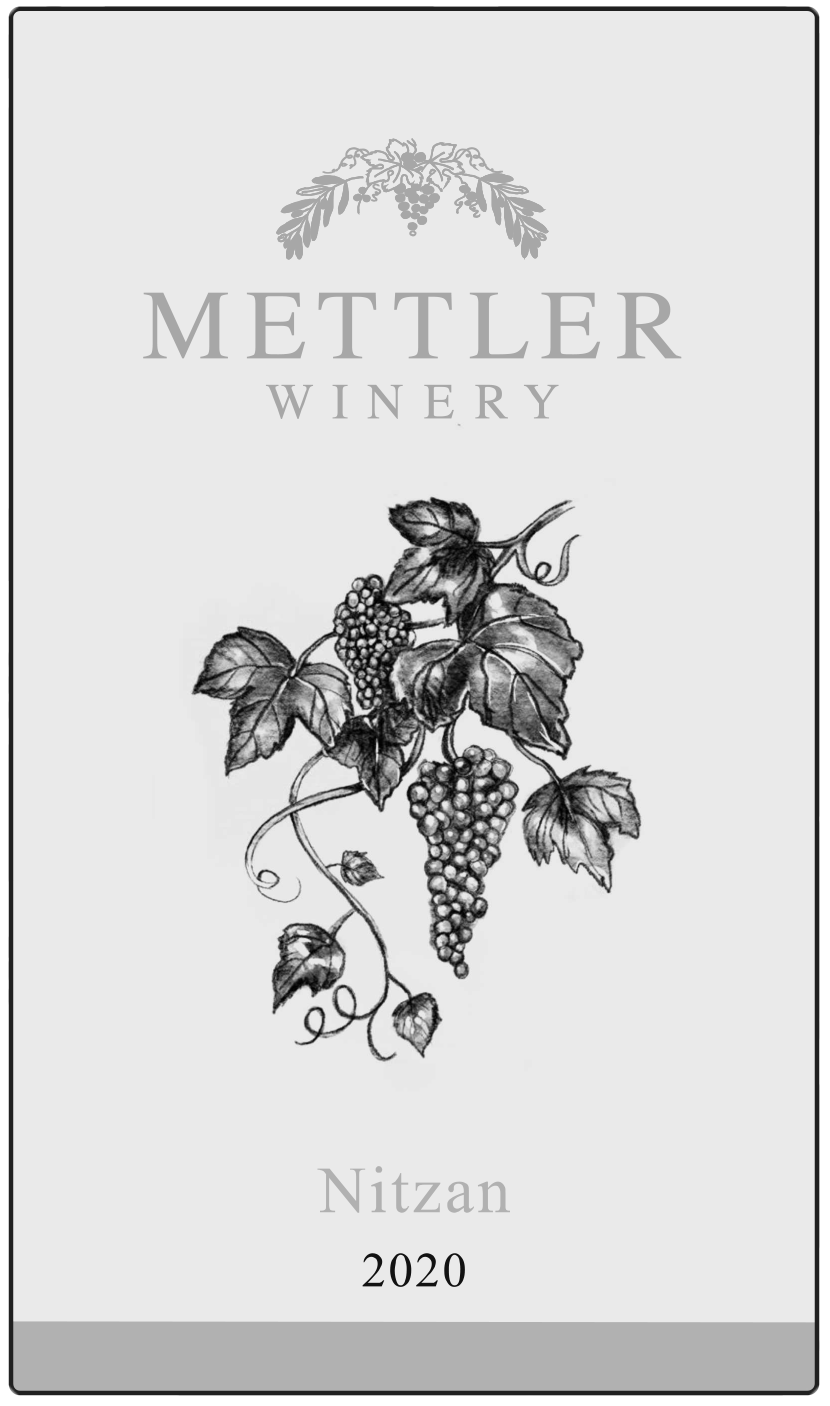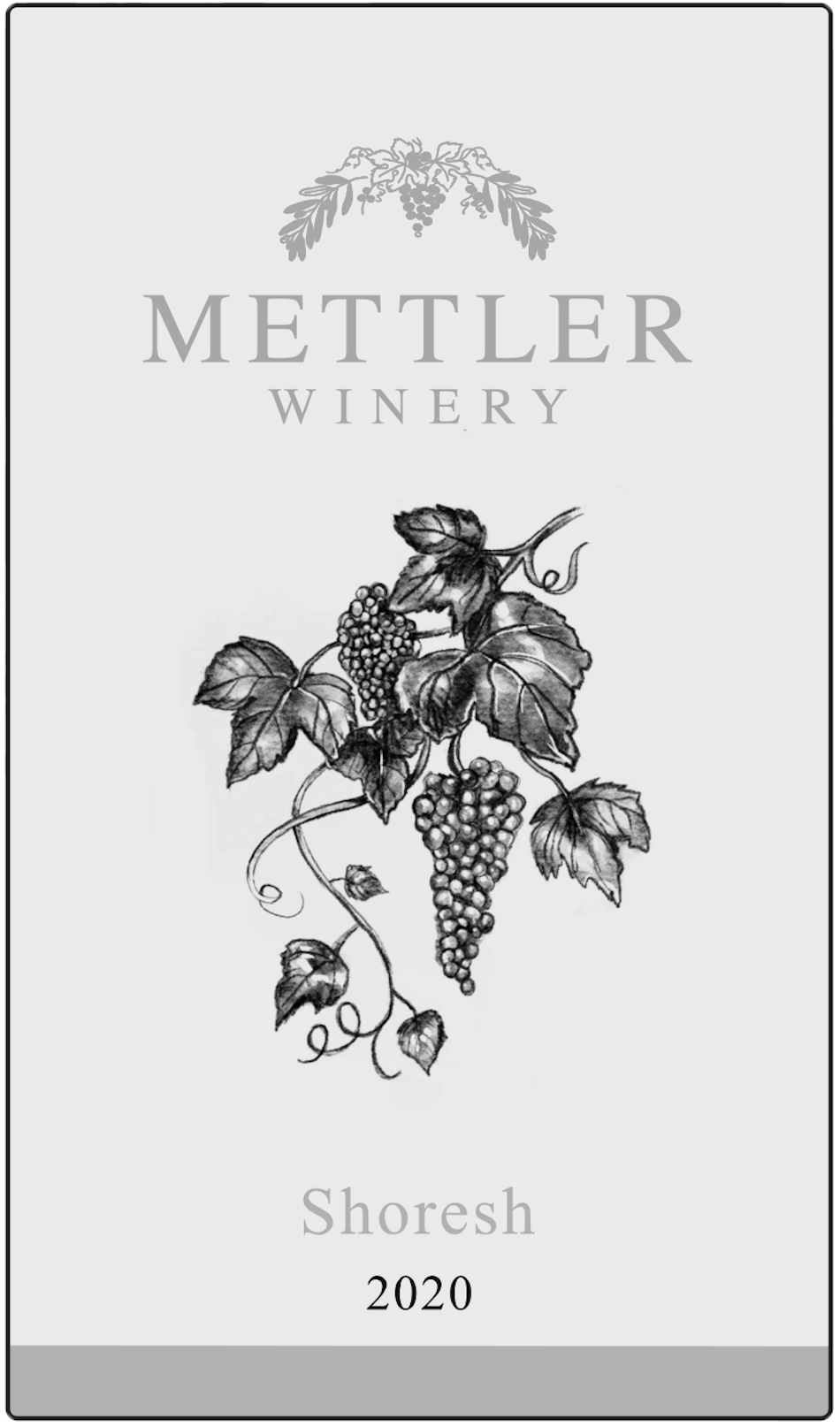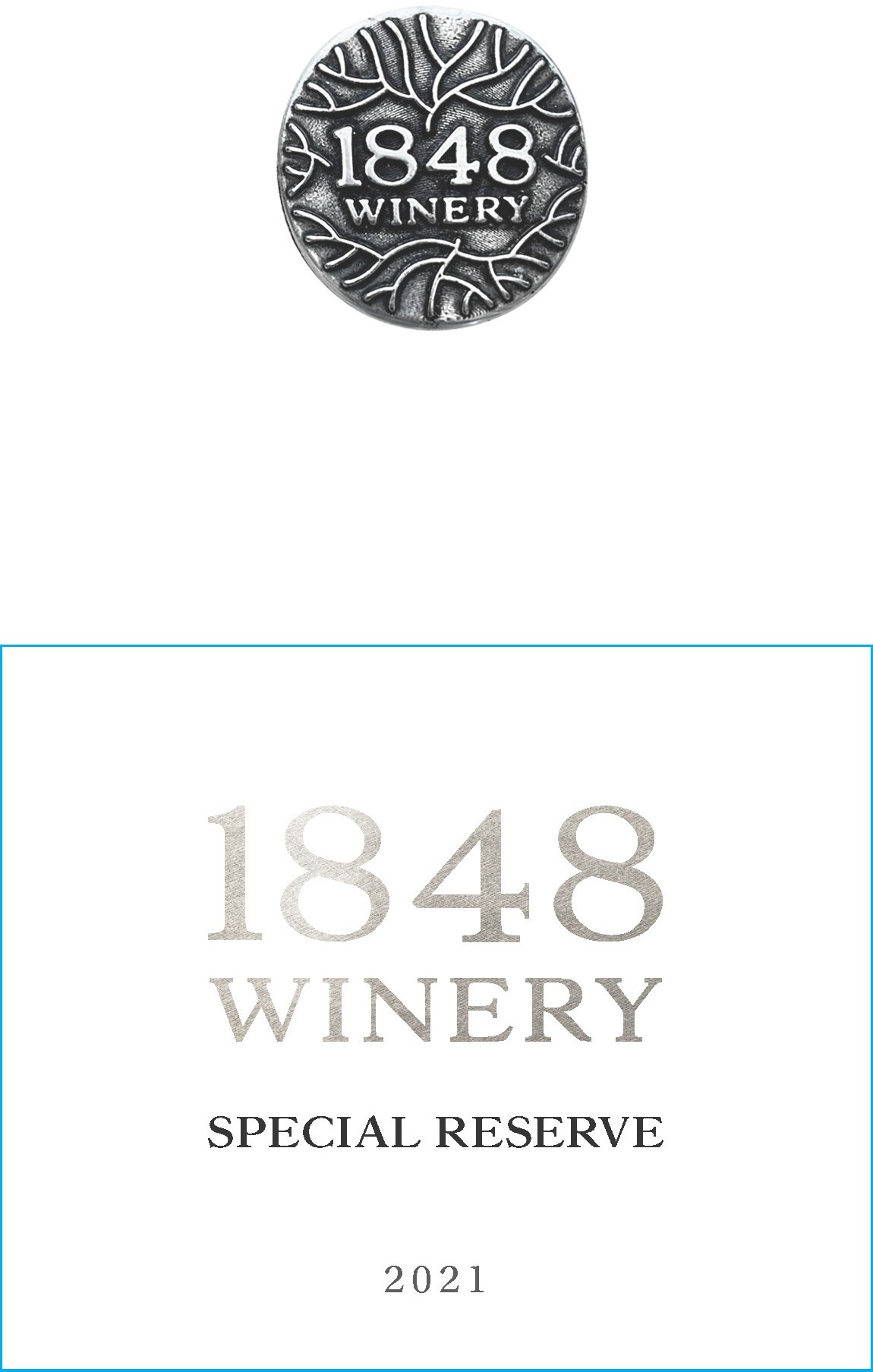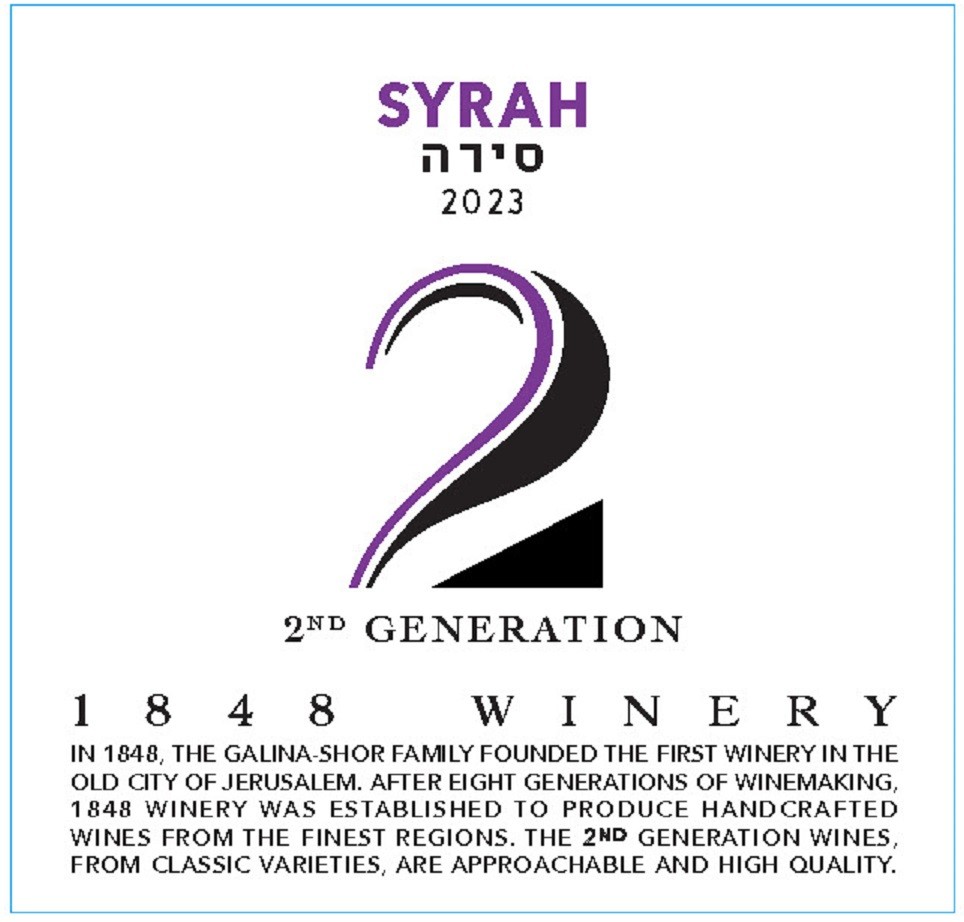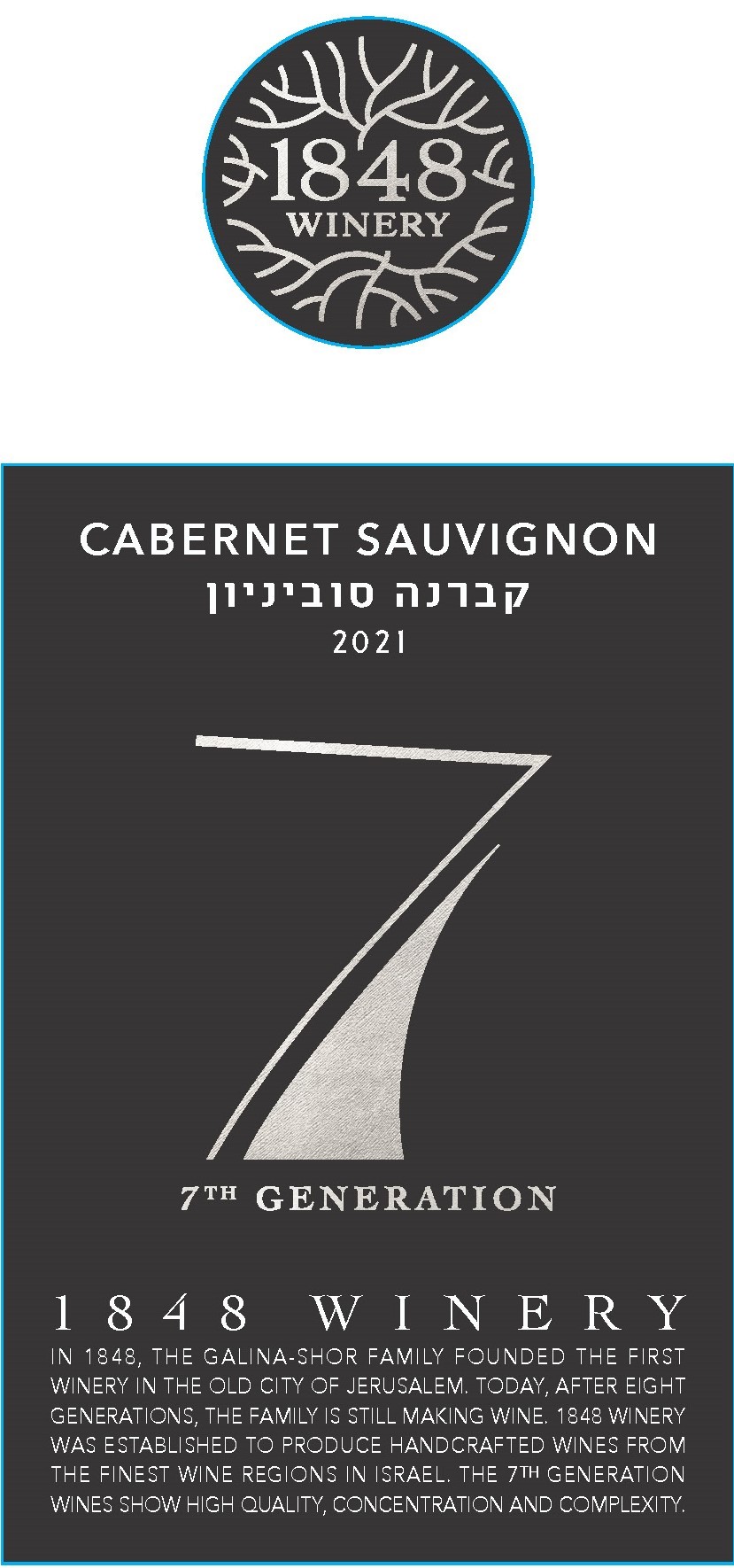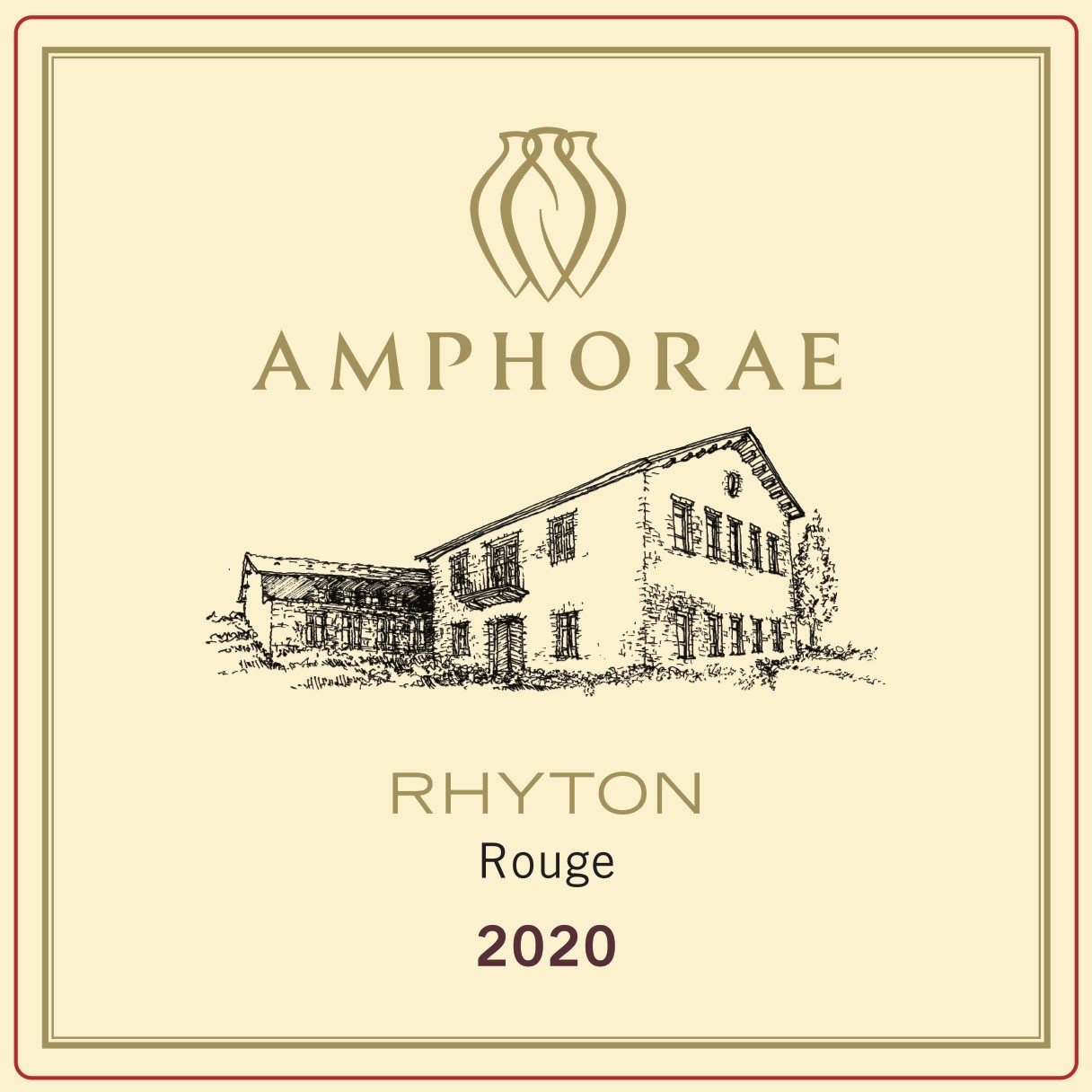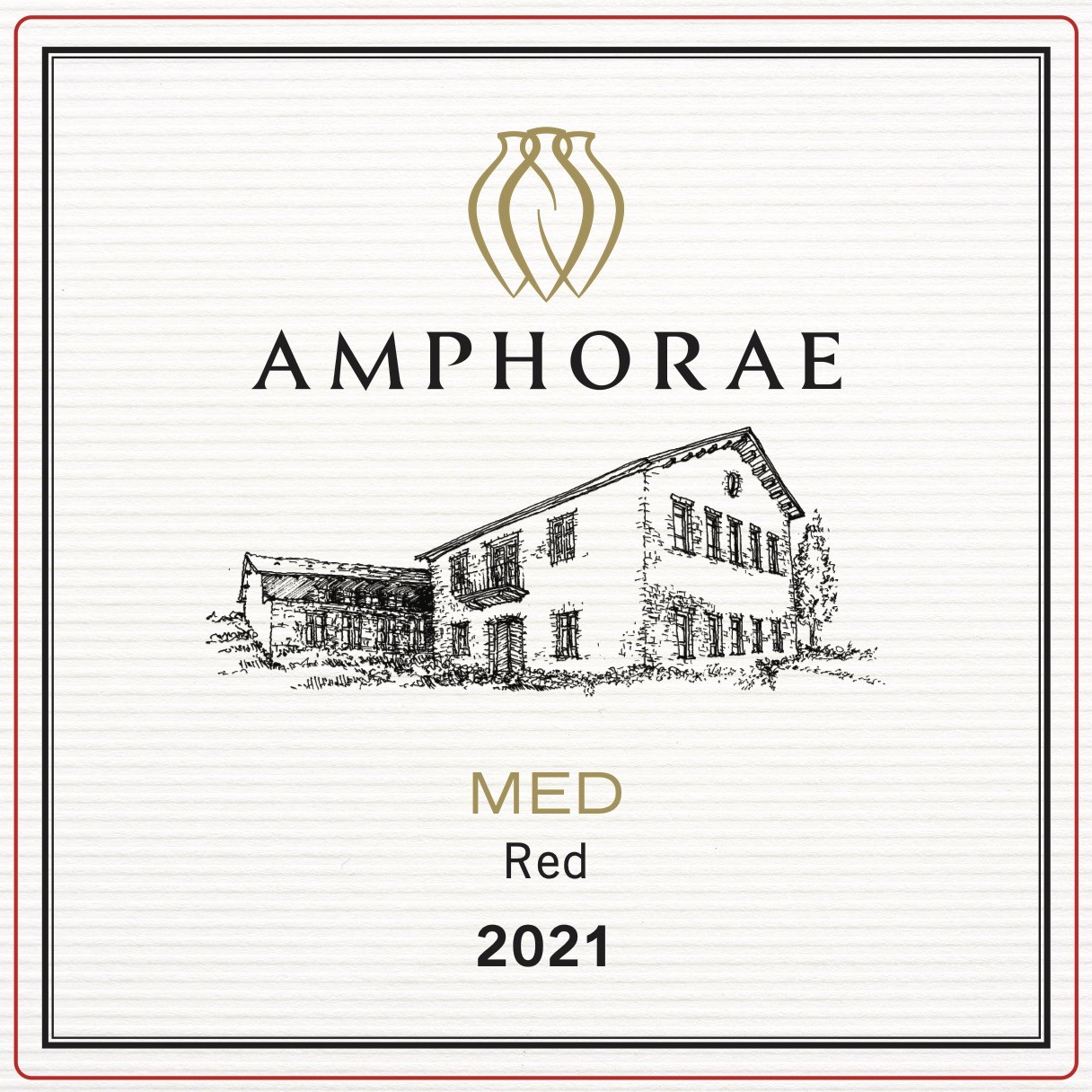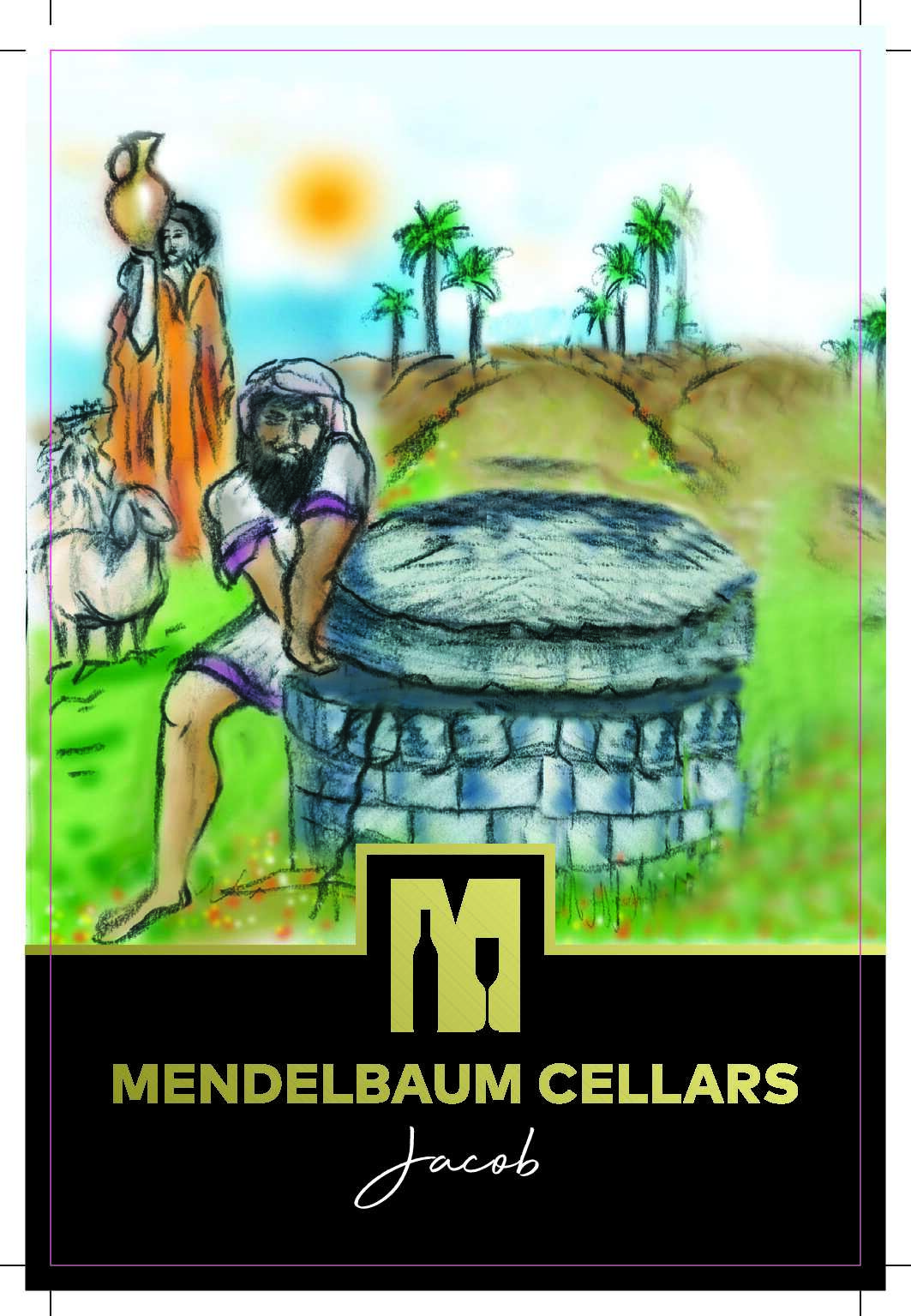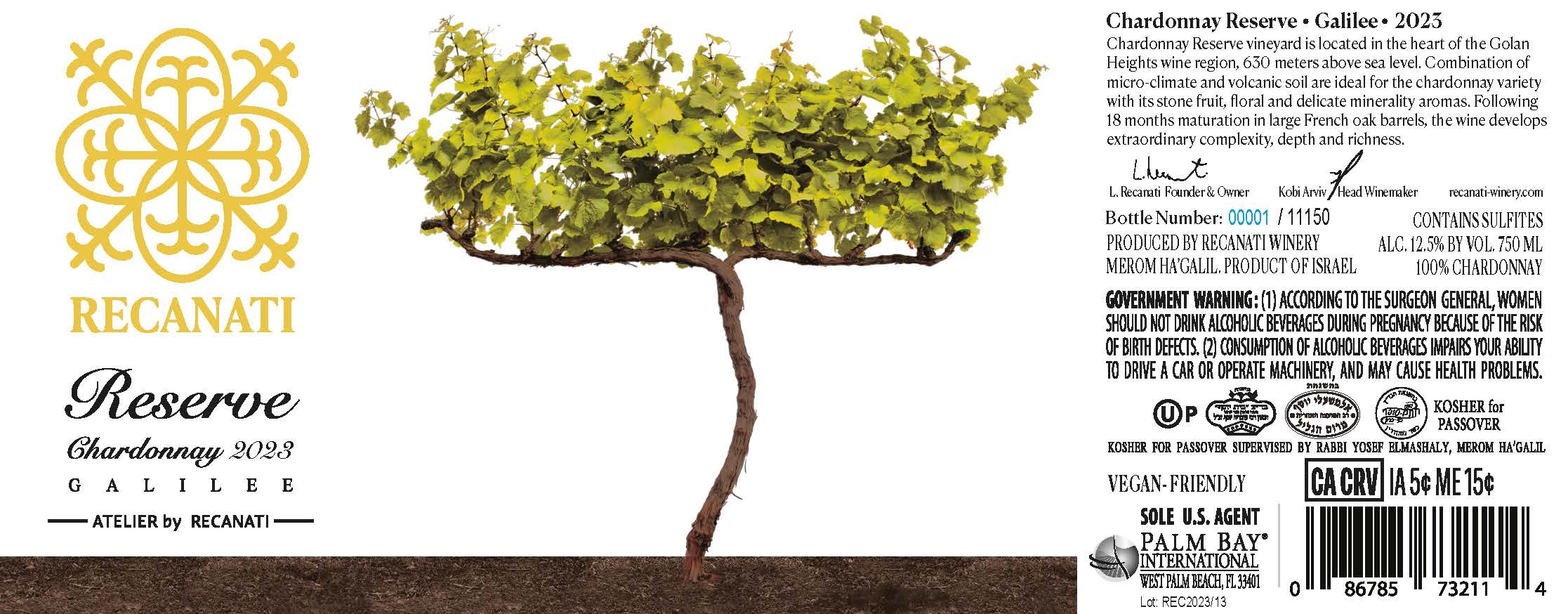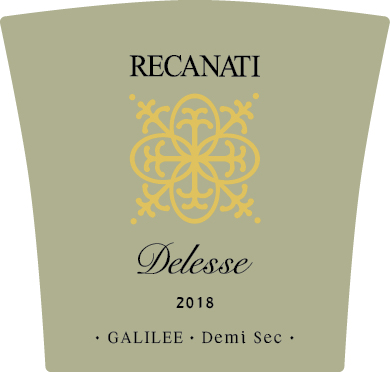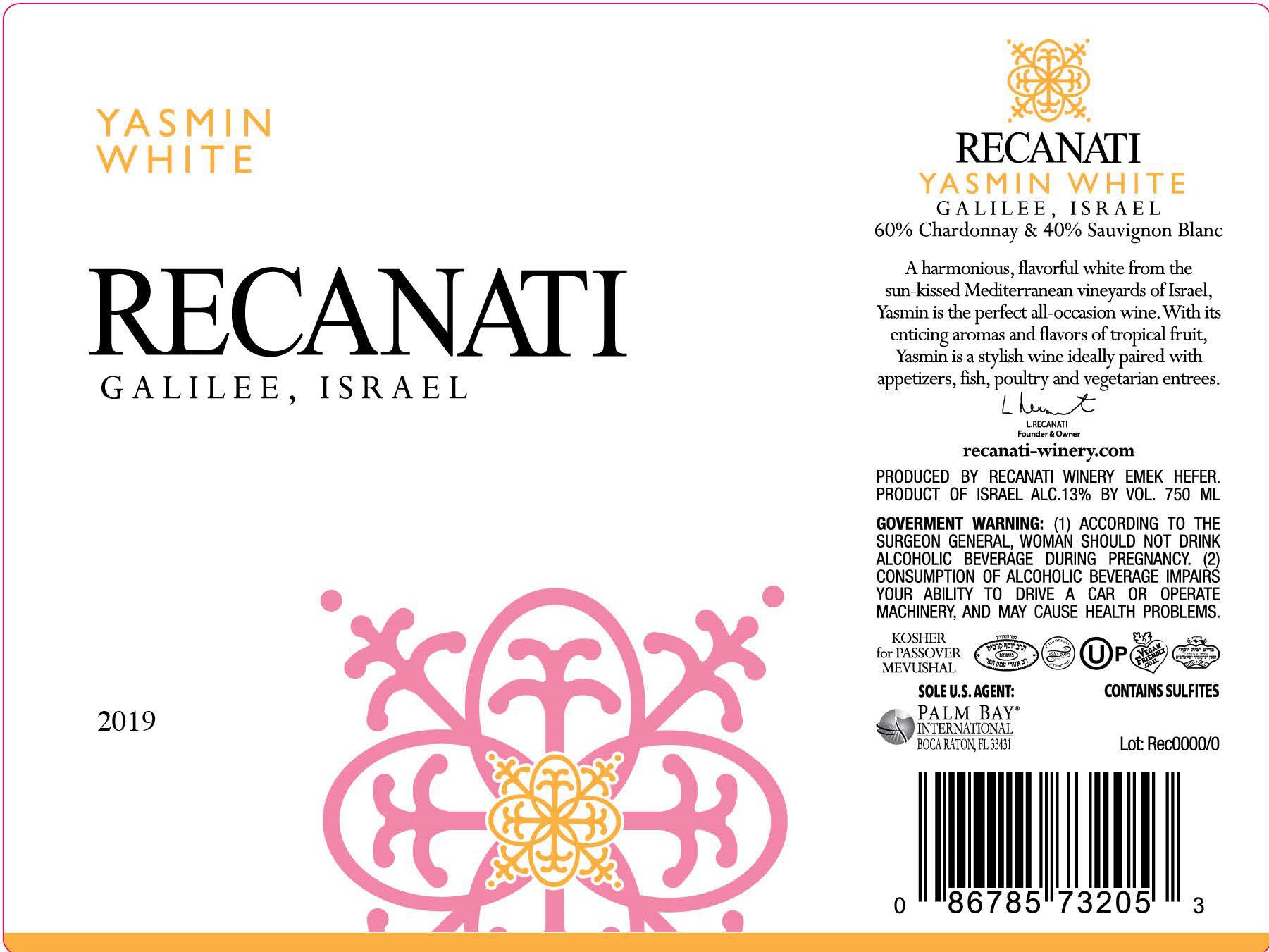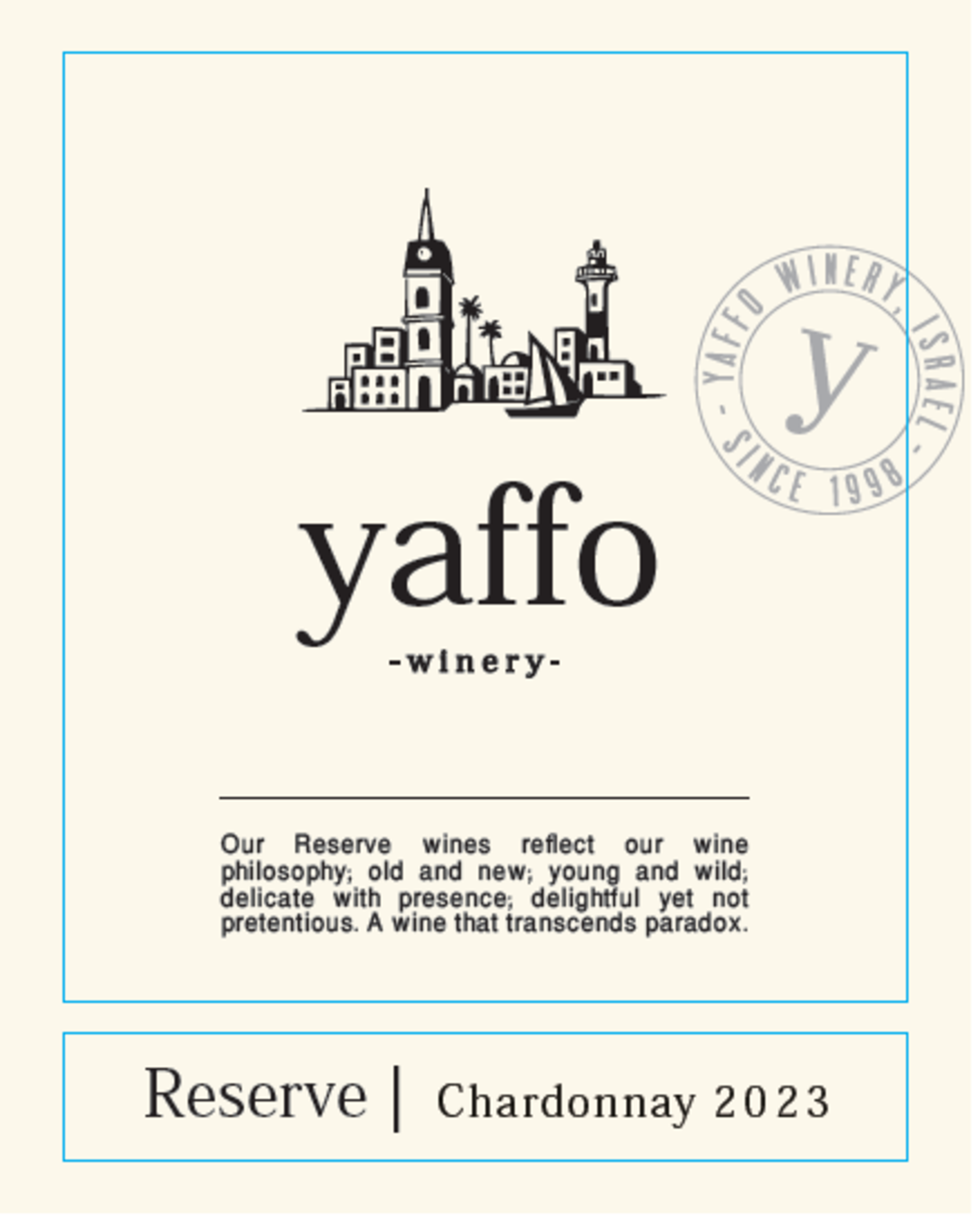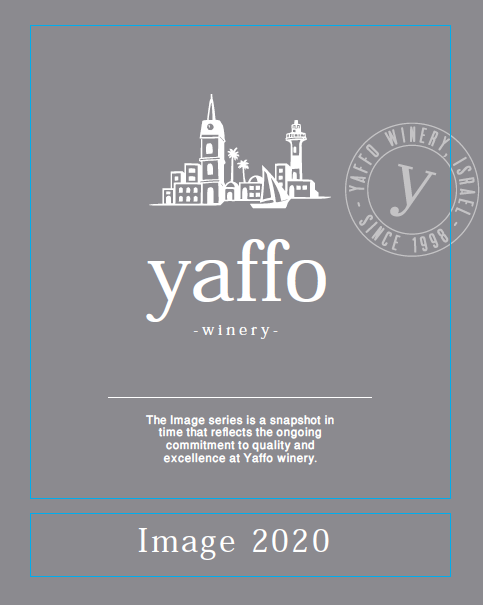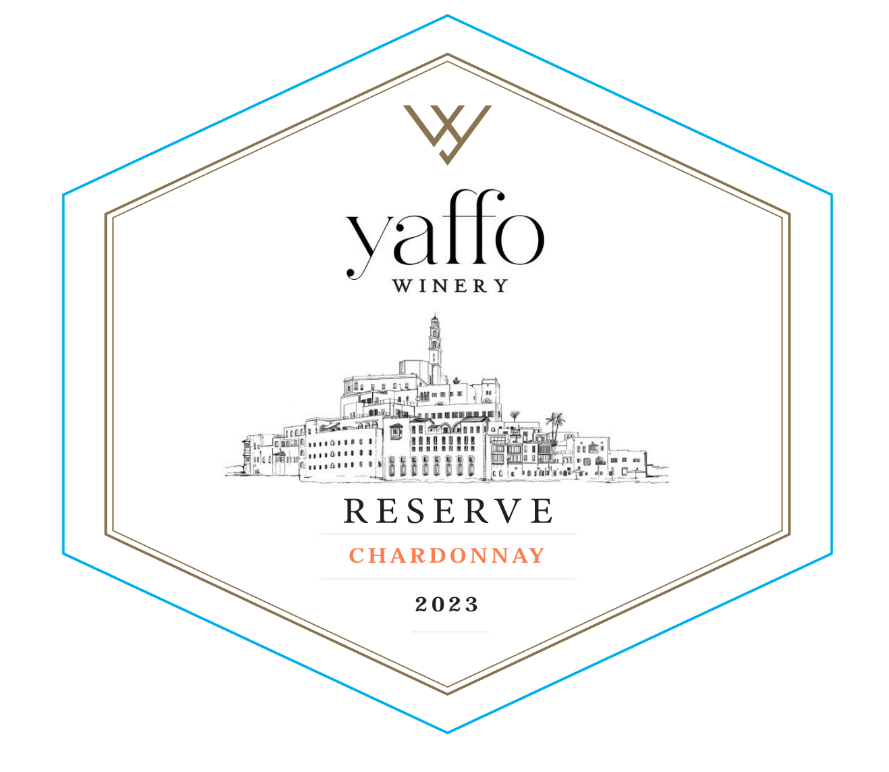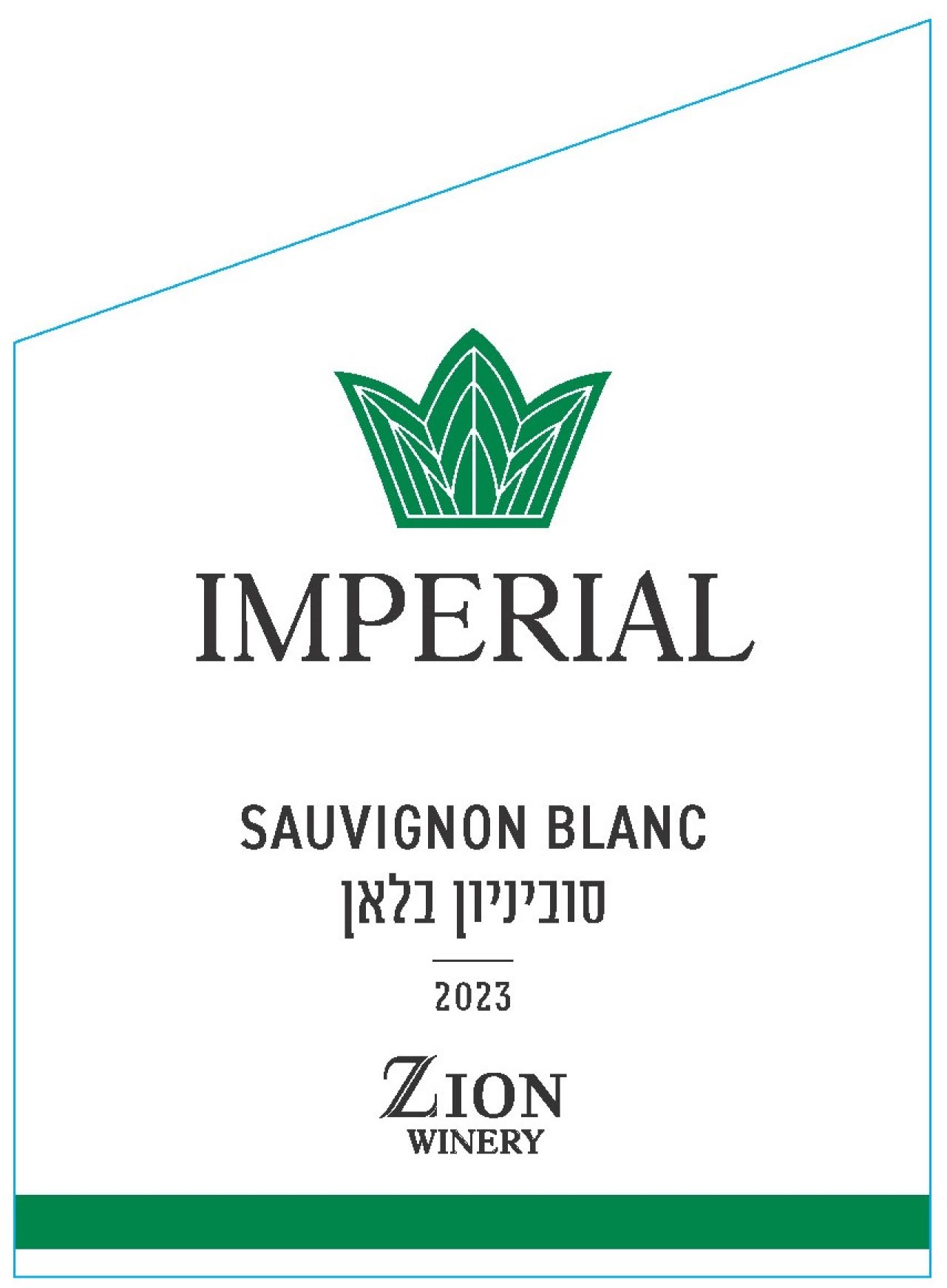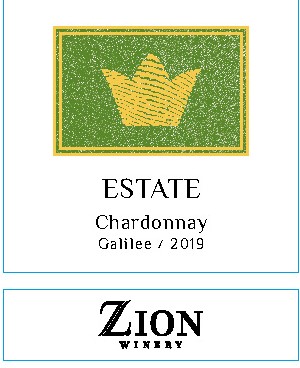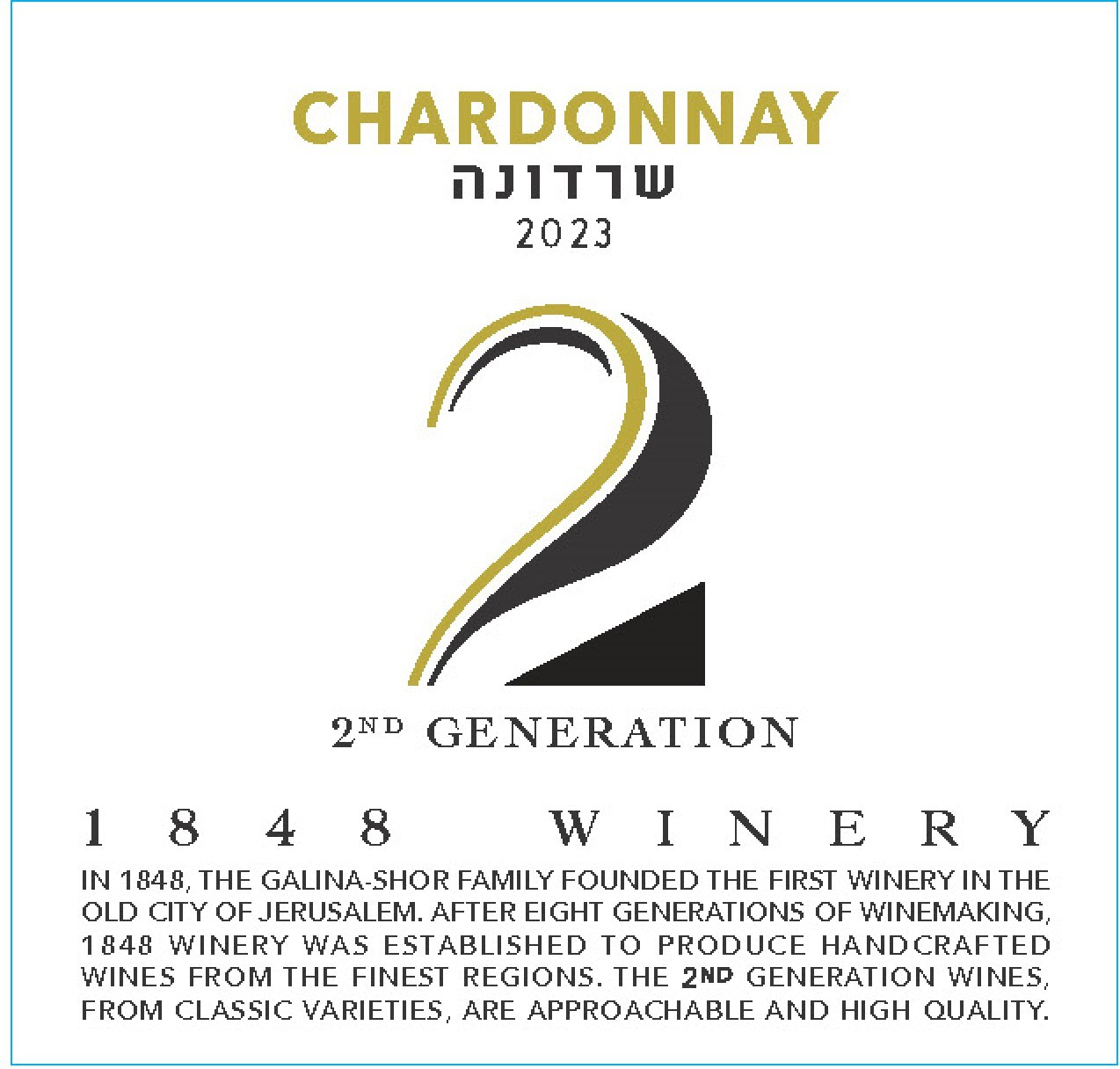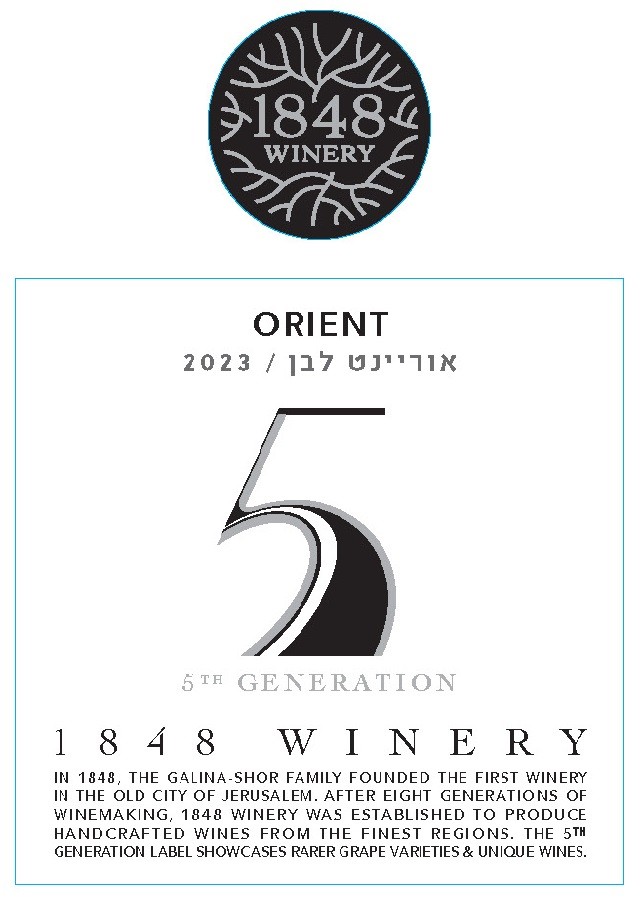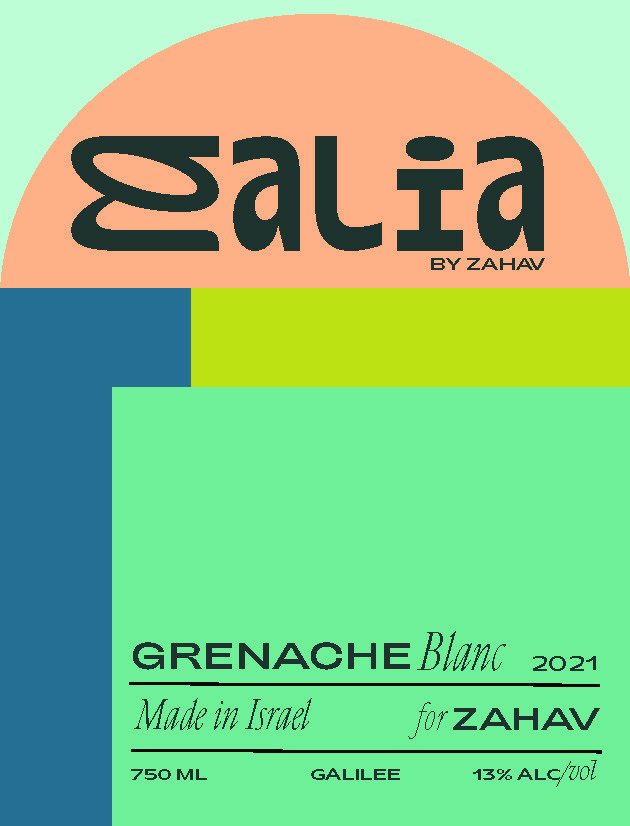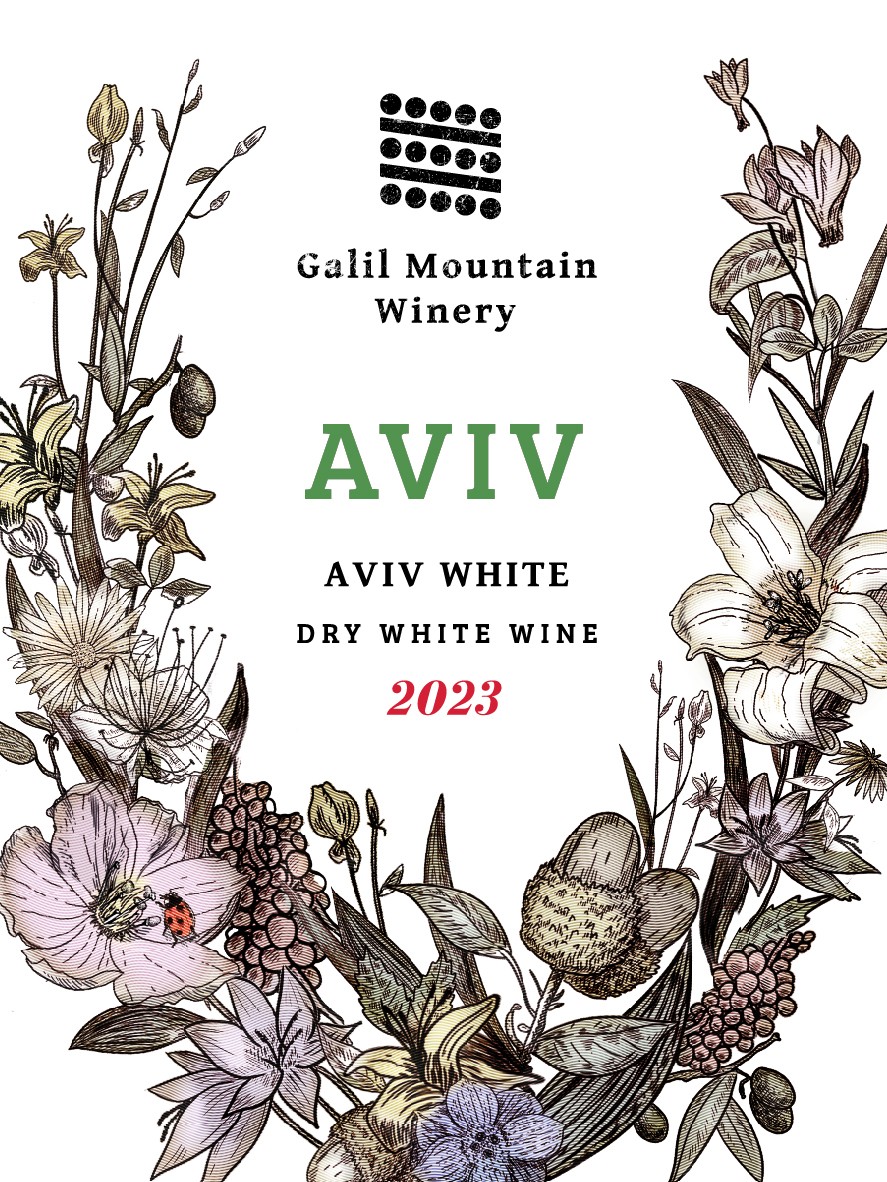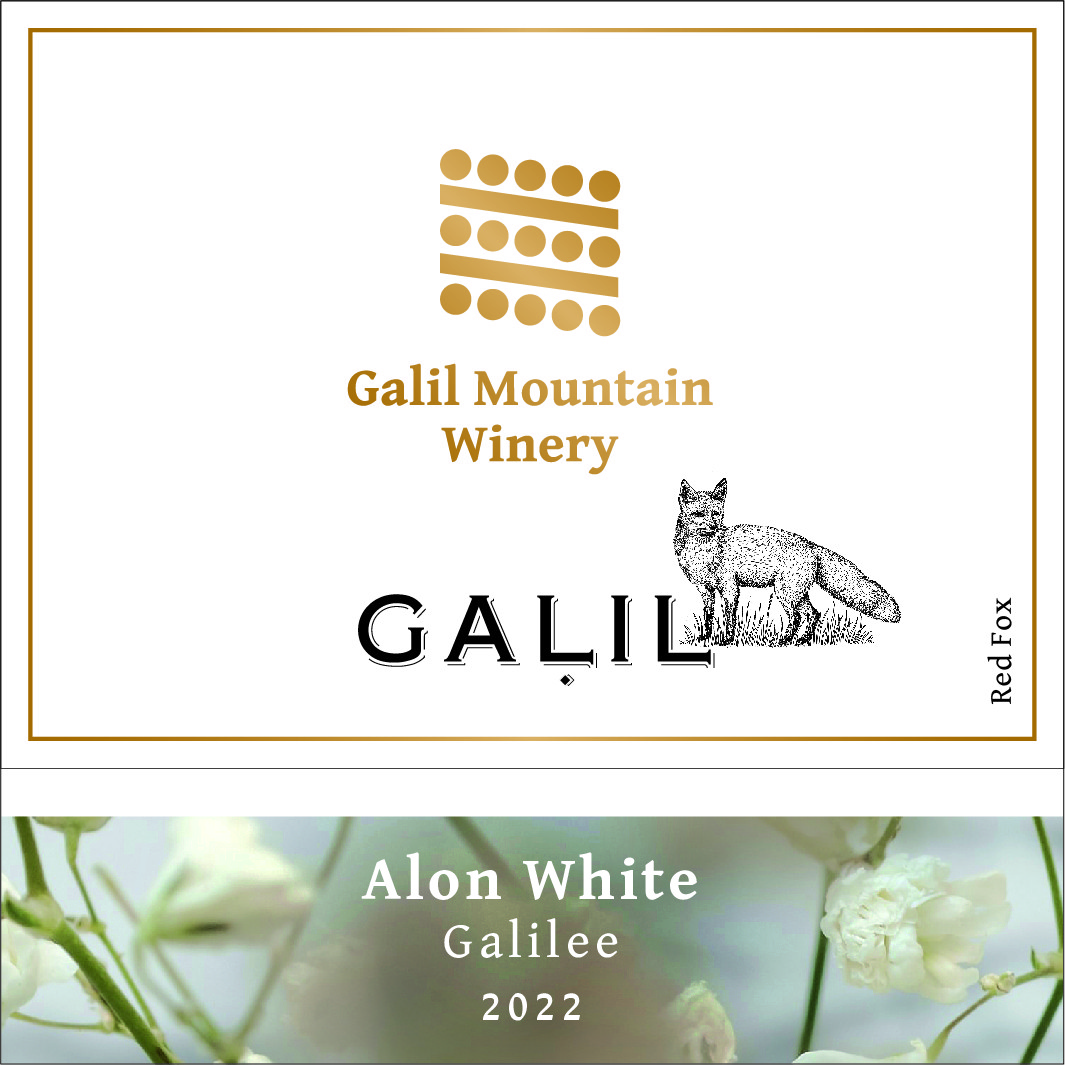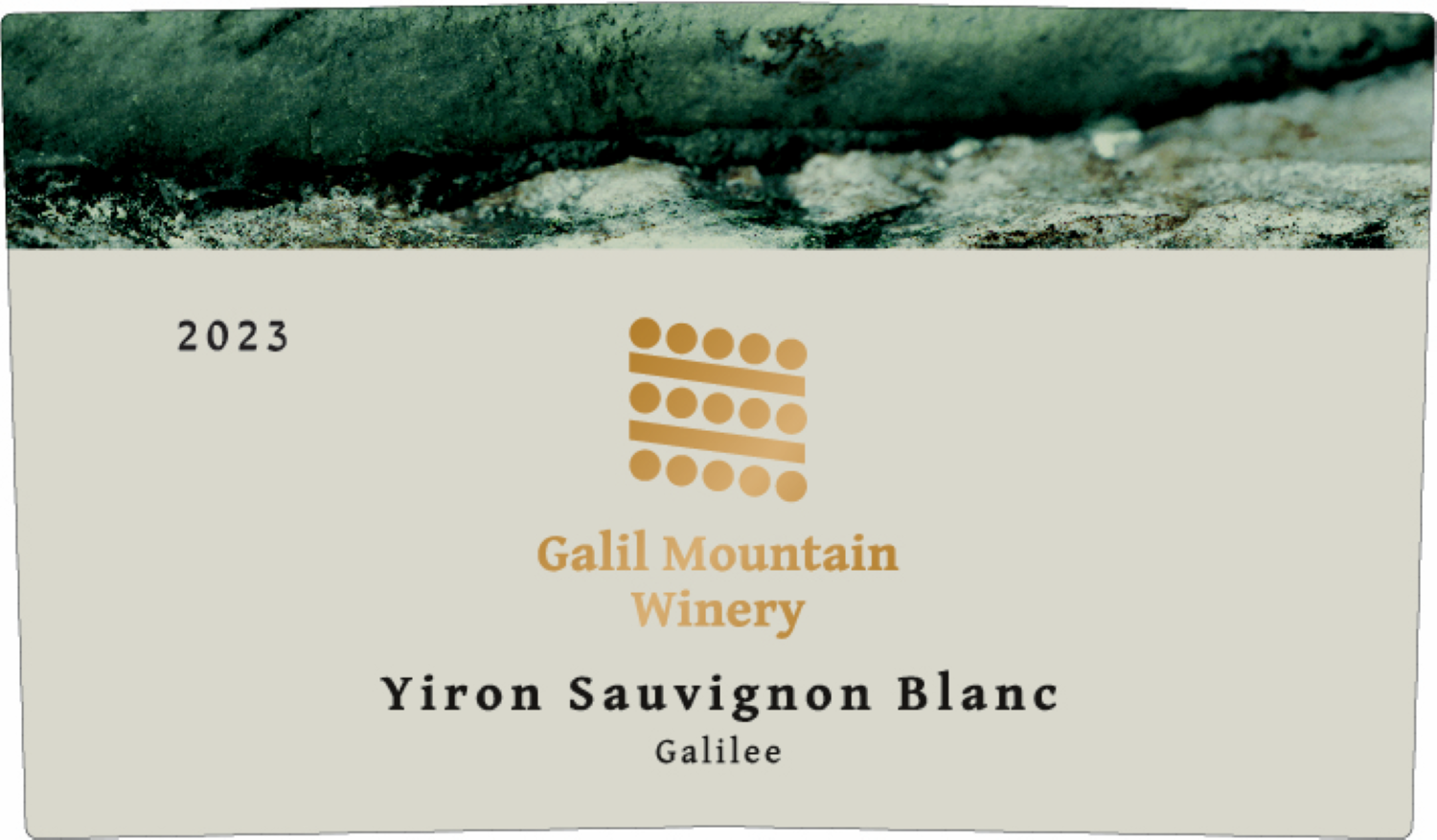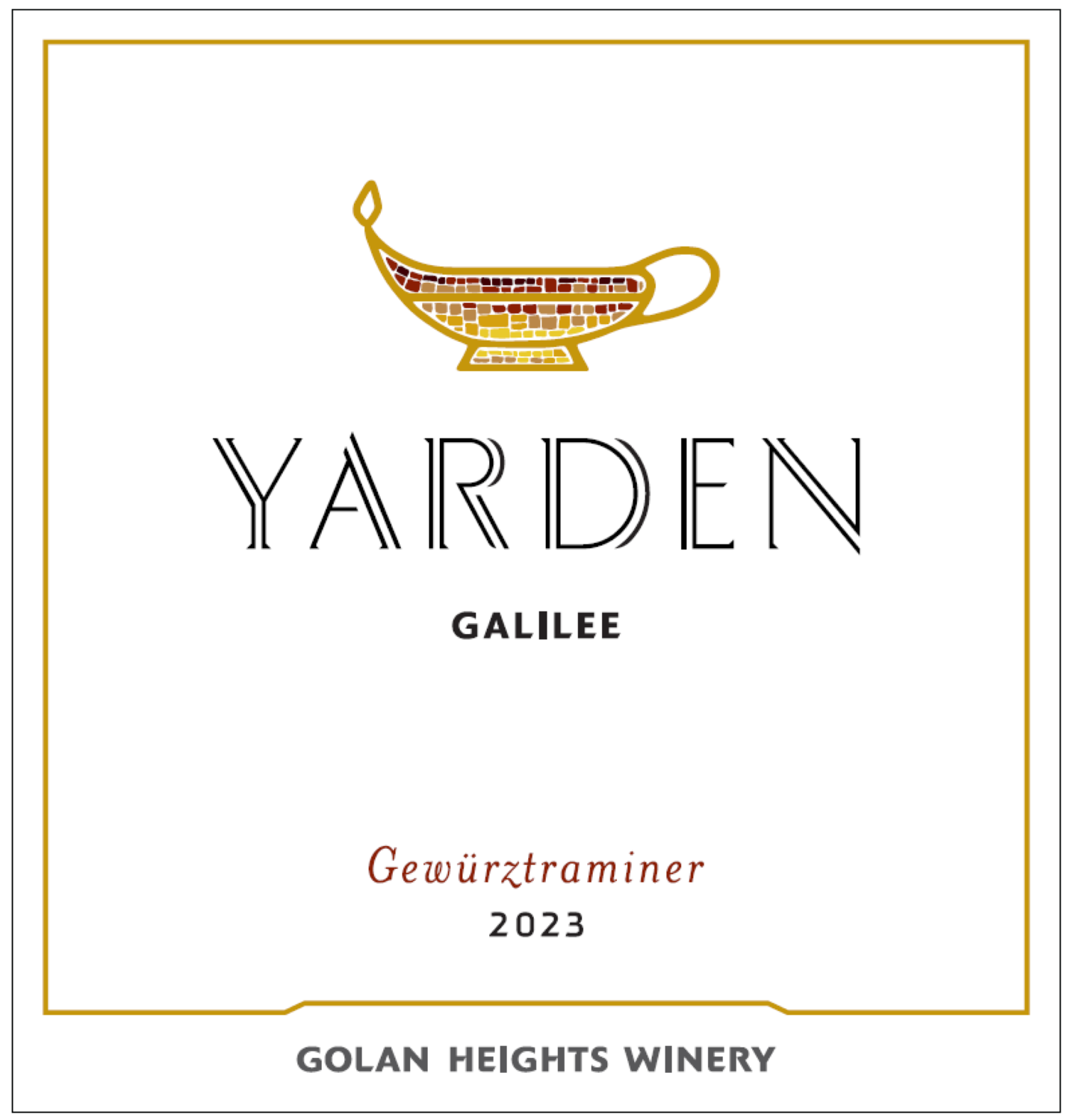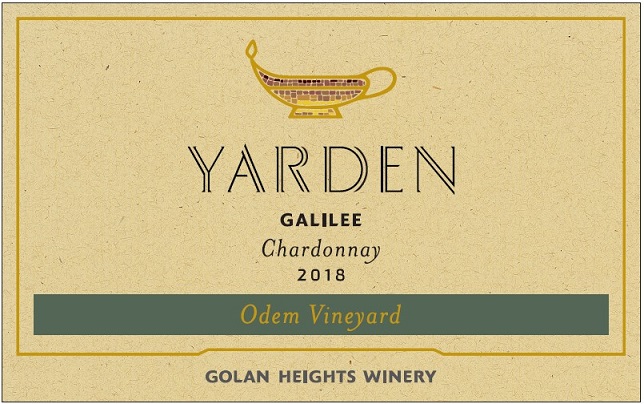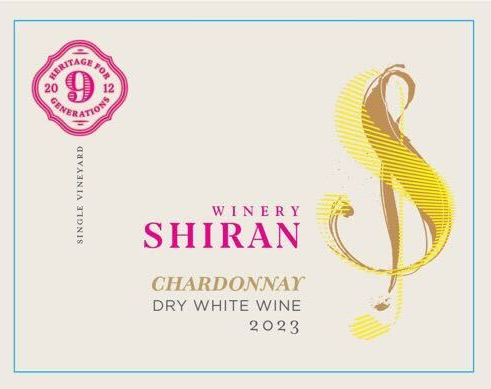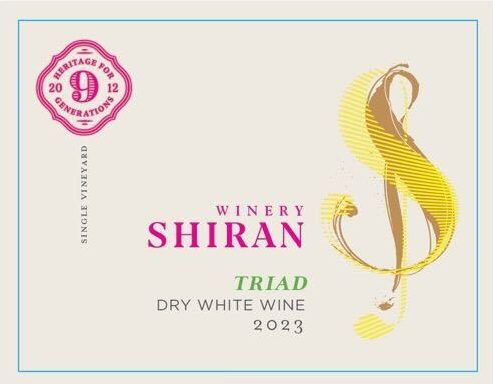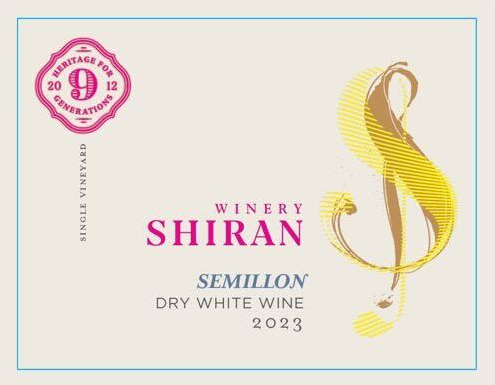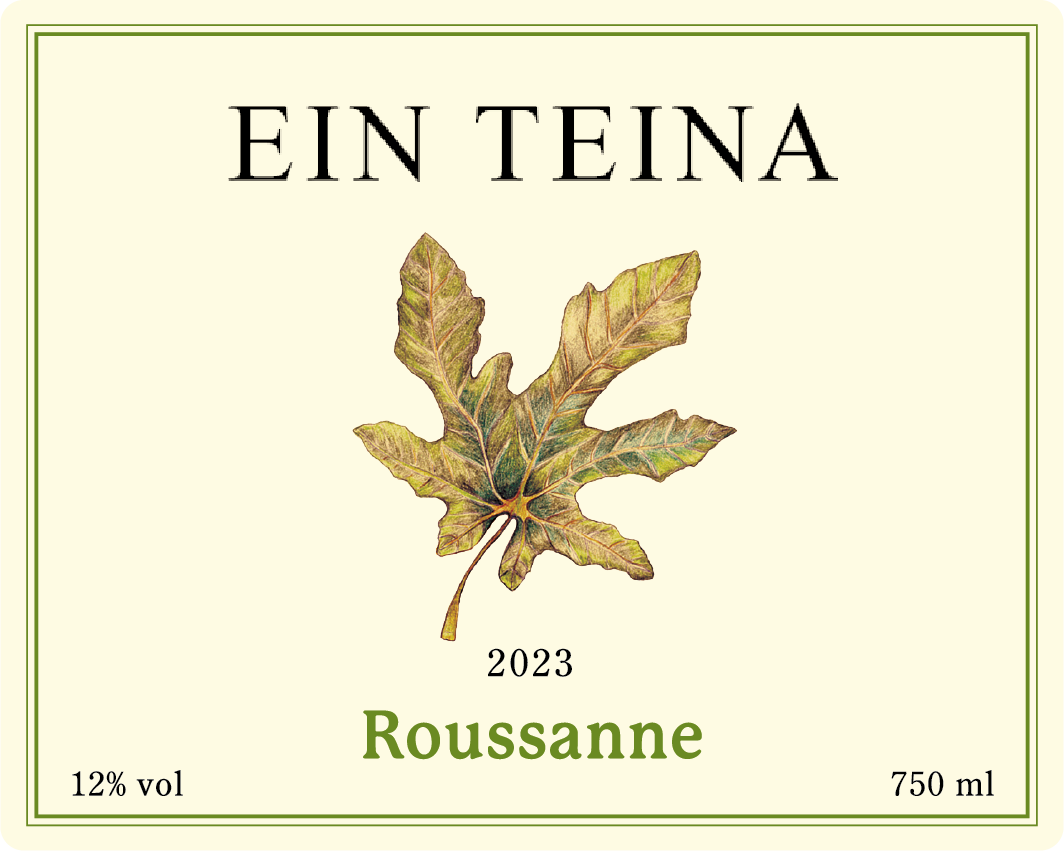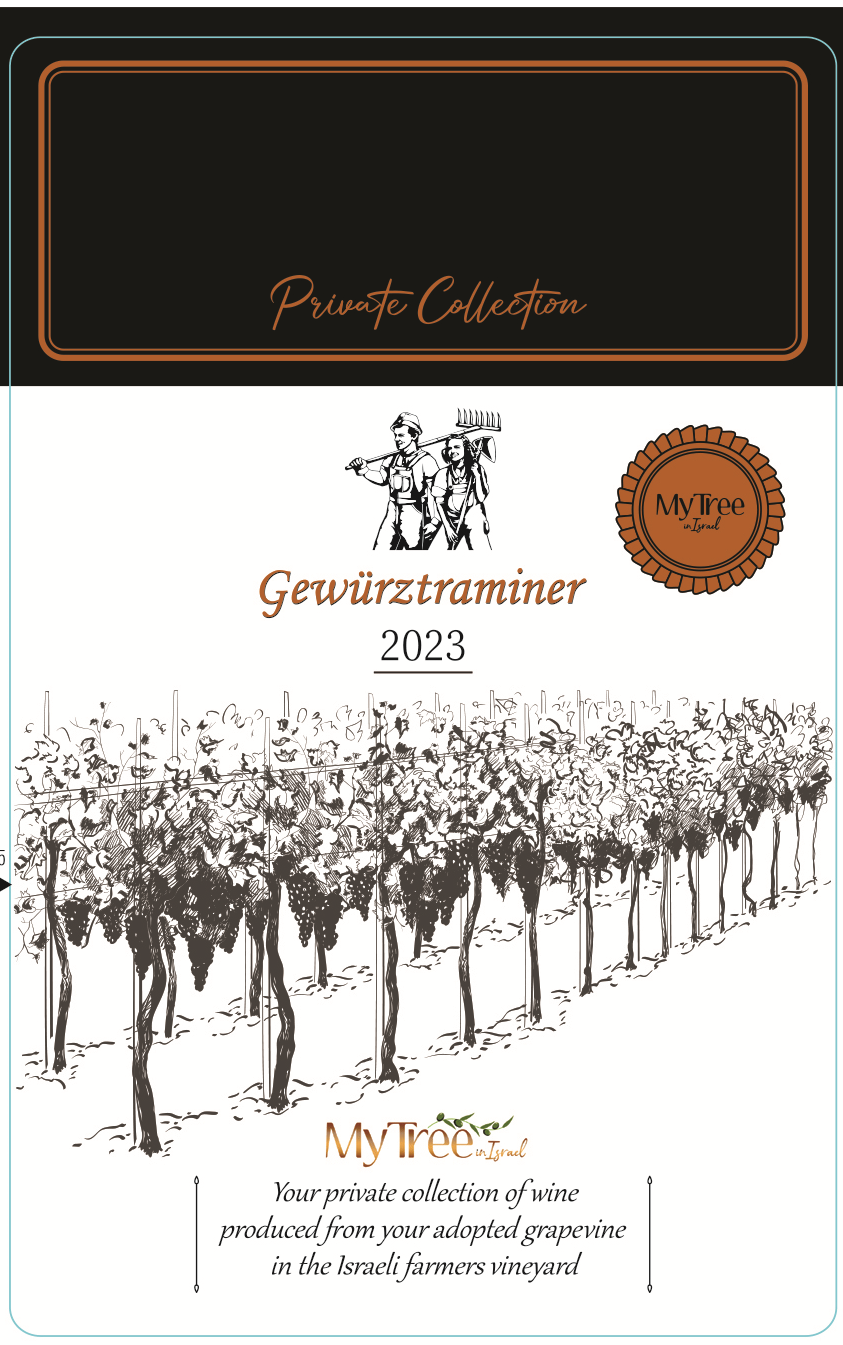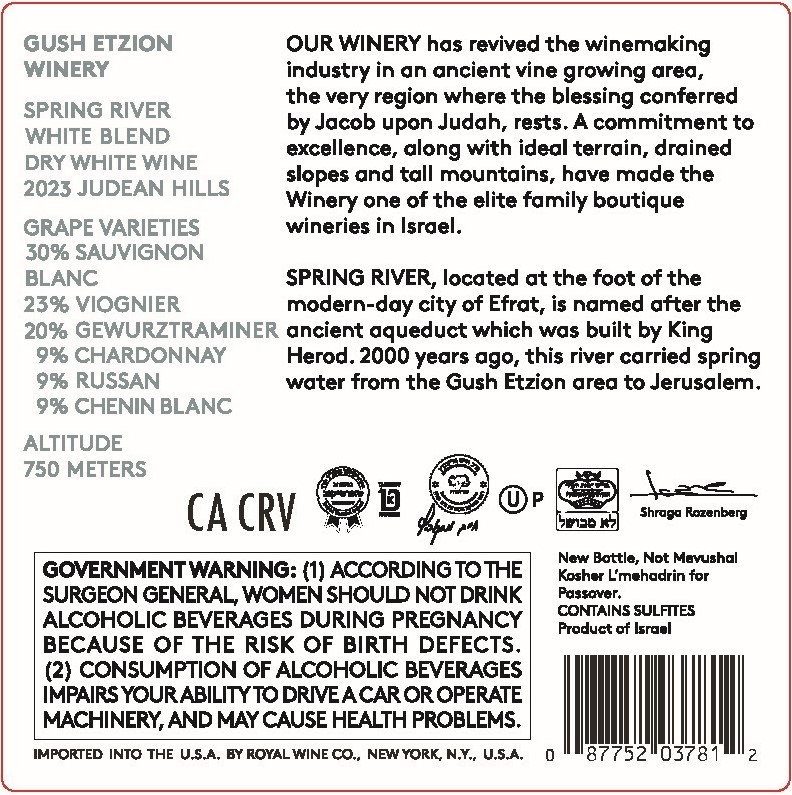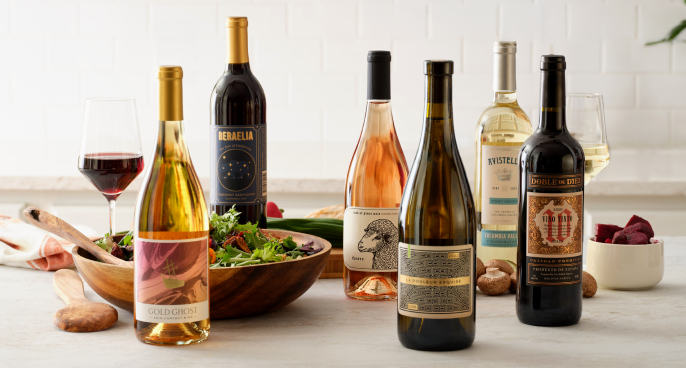Israeli Wine Regions
Israel’s diverse geography fosters an impressive spectrum of wine regions, each shaped by unique climates and soils.
From cool highlands to sun-drenched deserts, these areas support a remarkable variety of grape types and wine styles.
Key regions include:
-
Golan Heights: Volcanic soils and high altitudes yield vibrant, structured wines.
-
Galilee and Judean Hills: Terra rossa clay over limestone produces complex, elegant reds and whites.
-
Negev: Desert vineyards on sandy, loamy soils showcase innovation and resilience.
Thanks to dry summers and pioneering drip irrigation, growers can fine-tune vineyard conditions, resulting in wines that balance ripe Mediterranean fruit with fresh acidity and depth.
Sustainability in Israeli Winemaking
Sustainability is at the heart of Israeli winemaking, shaped by the country’s challenging climate and scarce water resources. Israel pioneered drip irrigation, a technique now used worldwide to maximize water efficiency.
In regions from the volcanic Golan Heights to the Negev desert, producers such as Lotem Organic Winery and Psagot Winery use cover crops and avoid synthetic chemicals to protect local ecosystems. Many winemakers are turning to organic and biodynamic farming, reflecting a growing commitment to environmental stewardship.
A major milestone was achieved when Golan Heights Winery and Galil Mountain Winery became the first outside the U.S. to earn LODI RULES certification, setting a new benchmark for sustainable practices.
Today, the industry is striving to make these standards the national norm, ensuring that Israel’s ancient wine traditions continue in harmony with the land. This dedication to sustainability supports healthy vineyards, vibrant wines, and a lasting future for Israeli wine.
Wine Tourism in Israel
Building on Israel’s rich winemaking history and innovative sustainability efforts, wine tourism offers visitors a hands-on way to explore the country’s diverse wine regions and distinctive grape varieties. Many leading wineries, including those with LODI RULES certification, welcome guests to experience their commitment to quality and environmental stewardship firsthand.
- Guided tours and tastings highlight both international and native grapes in modern, inviting visitor centers.
- Wine trails connect volcanic Golan Heights vineyards with pioneering Negev estates, showcasing unique terroirs.
- Many wineries offer gourmet dining and overnight stays, often in cozy “Zimmers”—local guesthouses that provide a relaxing retreat.
- Seasonal festivals, especially in the Judean Hills, pair acclaimed wines with regional cuisine and live music.
- Kosher wine tourism combines cultural exploration with visits to top kosher-certified wineries, reflecting Israel’s diverse heritage.
History of Israeli Wine
Israel’s winemaking heritage spans over 5,000 years, earning it a reputation as an “Ancient World with a Modern Mind.” Today, more than 300 wineries produce over 40 million bottles annually, combining age-old traditions with cutting-edge technology.
- Ancient vineyards supplied wine for daily life and religious ceremonies in biblical times.
- The industry declined after the Roman era and under Muslim rule, when alcohol was forbidden.
- Baron Edmond de Rothschild revived Israeli winemaking in 1882 with Carmel Winery, focusing on simple, sweet wines.
- The Golan Heights Winery, founded in 1983, sparked a modern revolution by introducing advanced technology and a quality-first approach.
- Modern Israeli wines are acclaimed worldwide for their expression of terroir and innovation across diverse regions.

